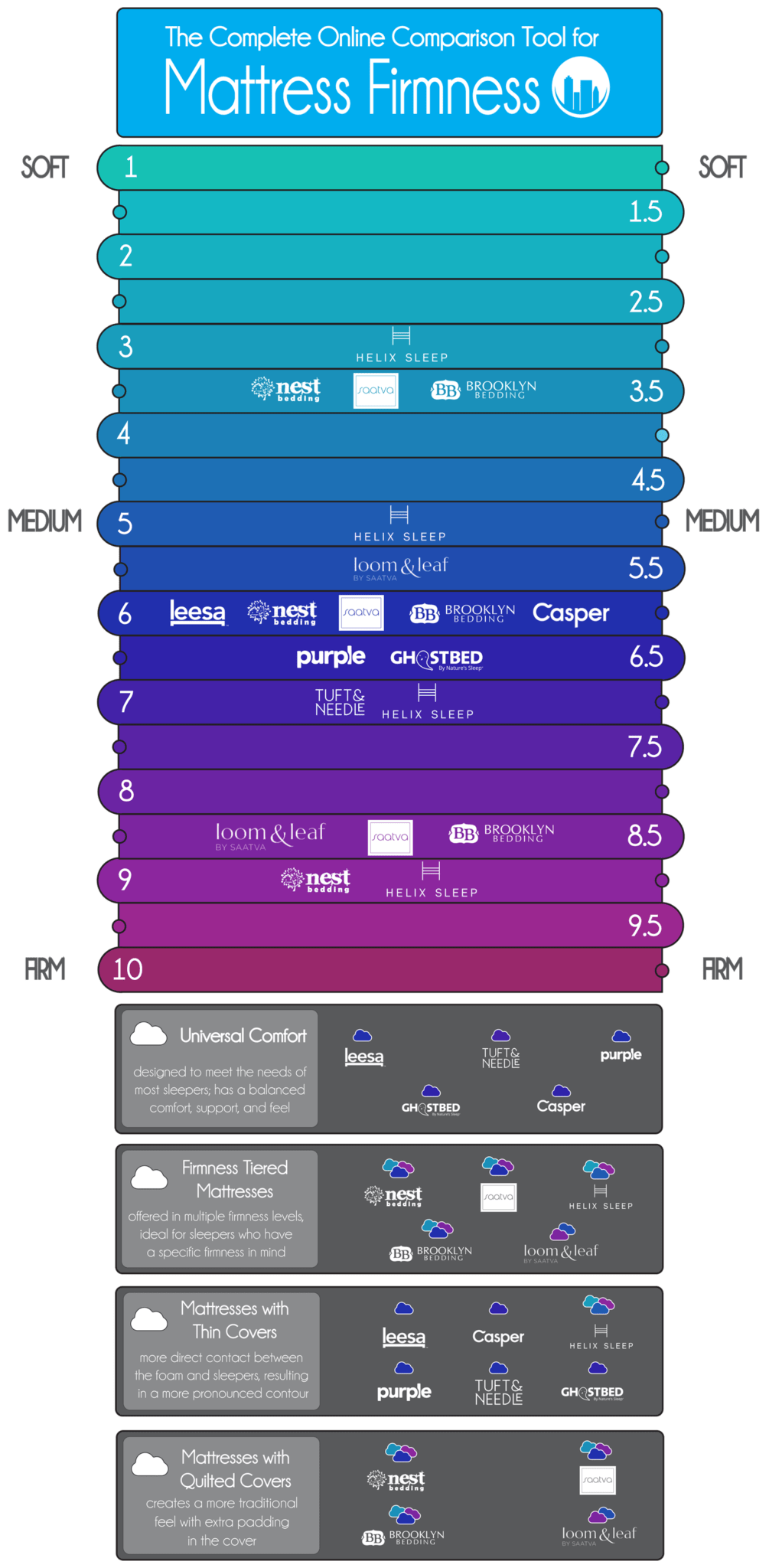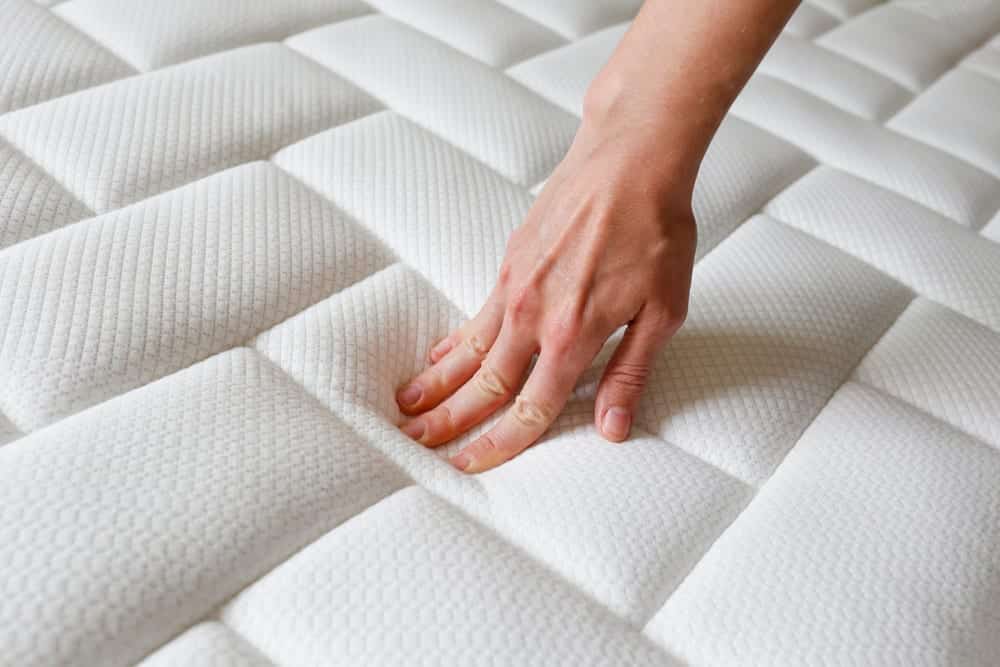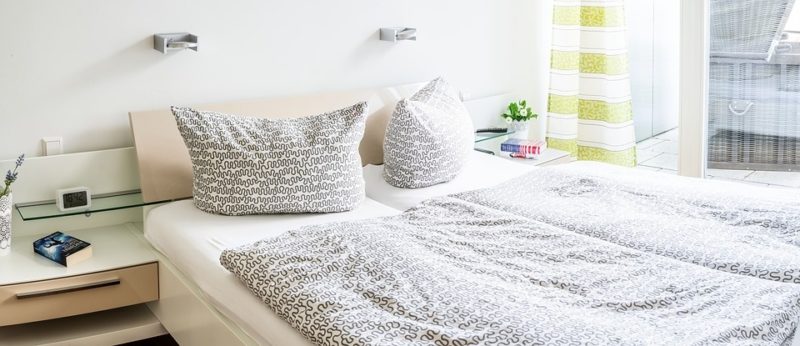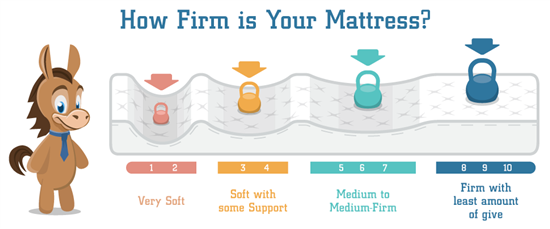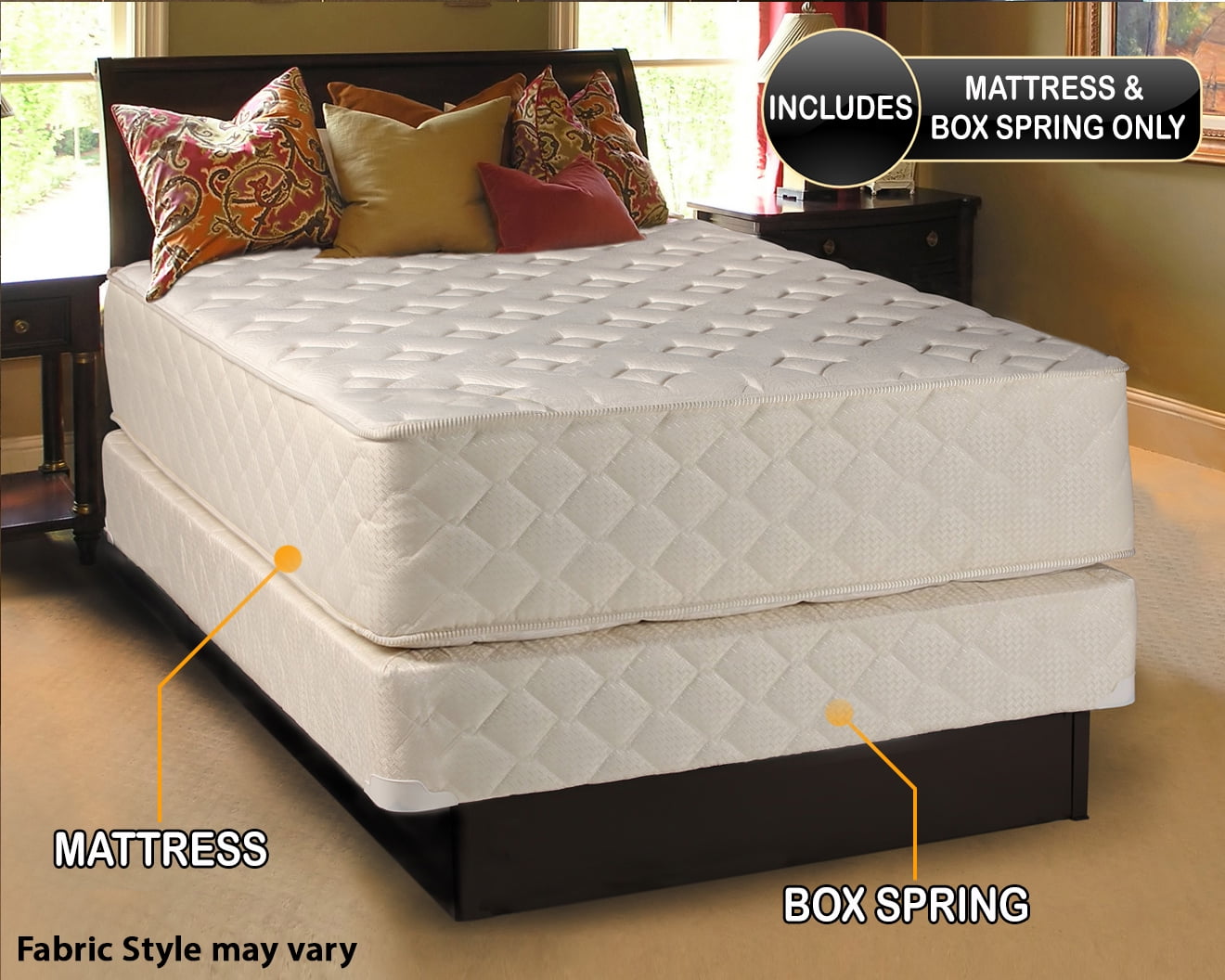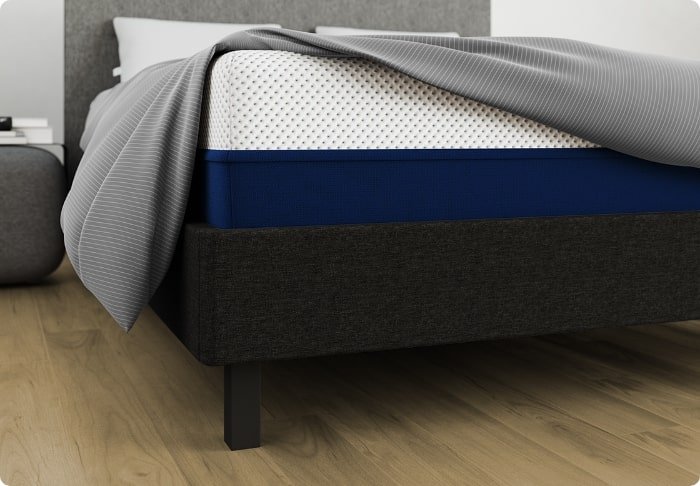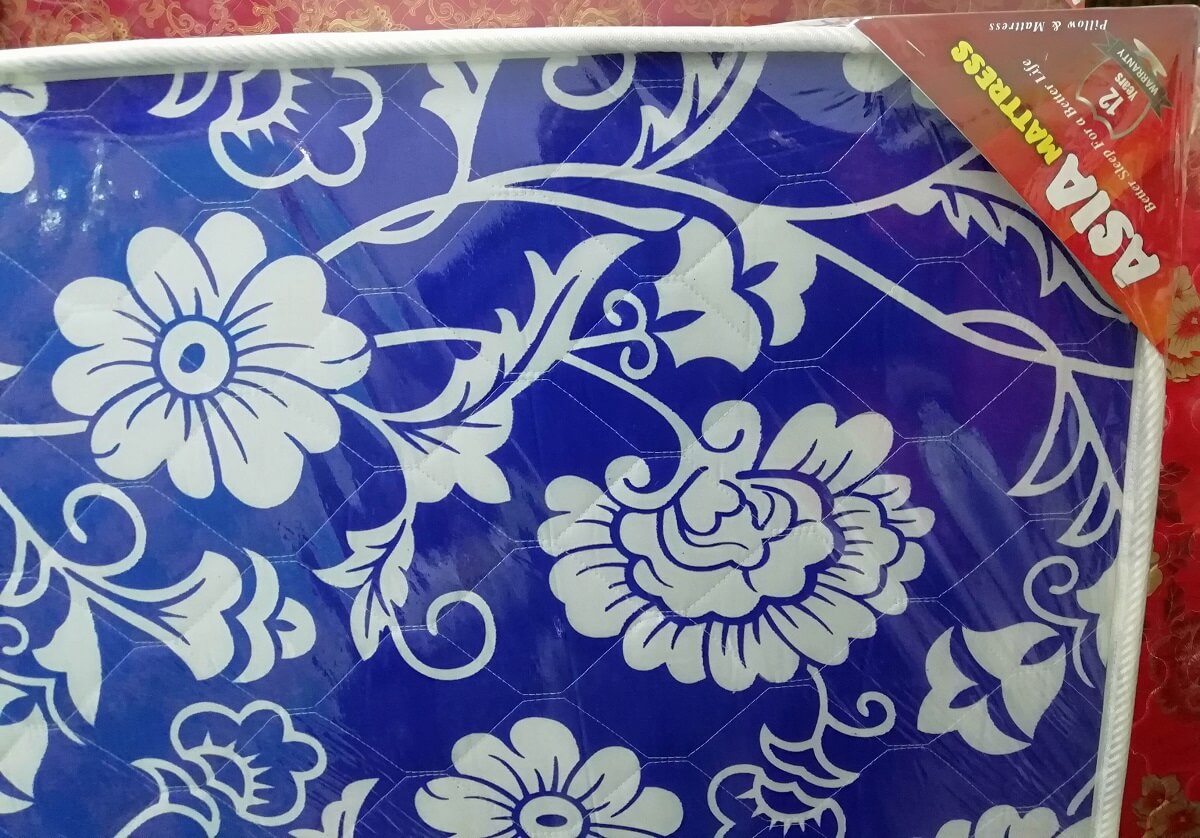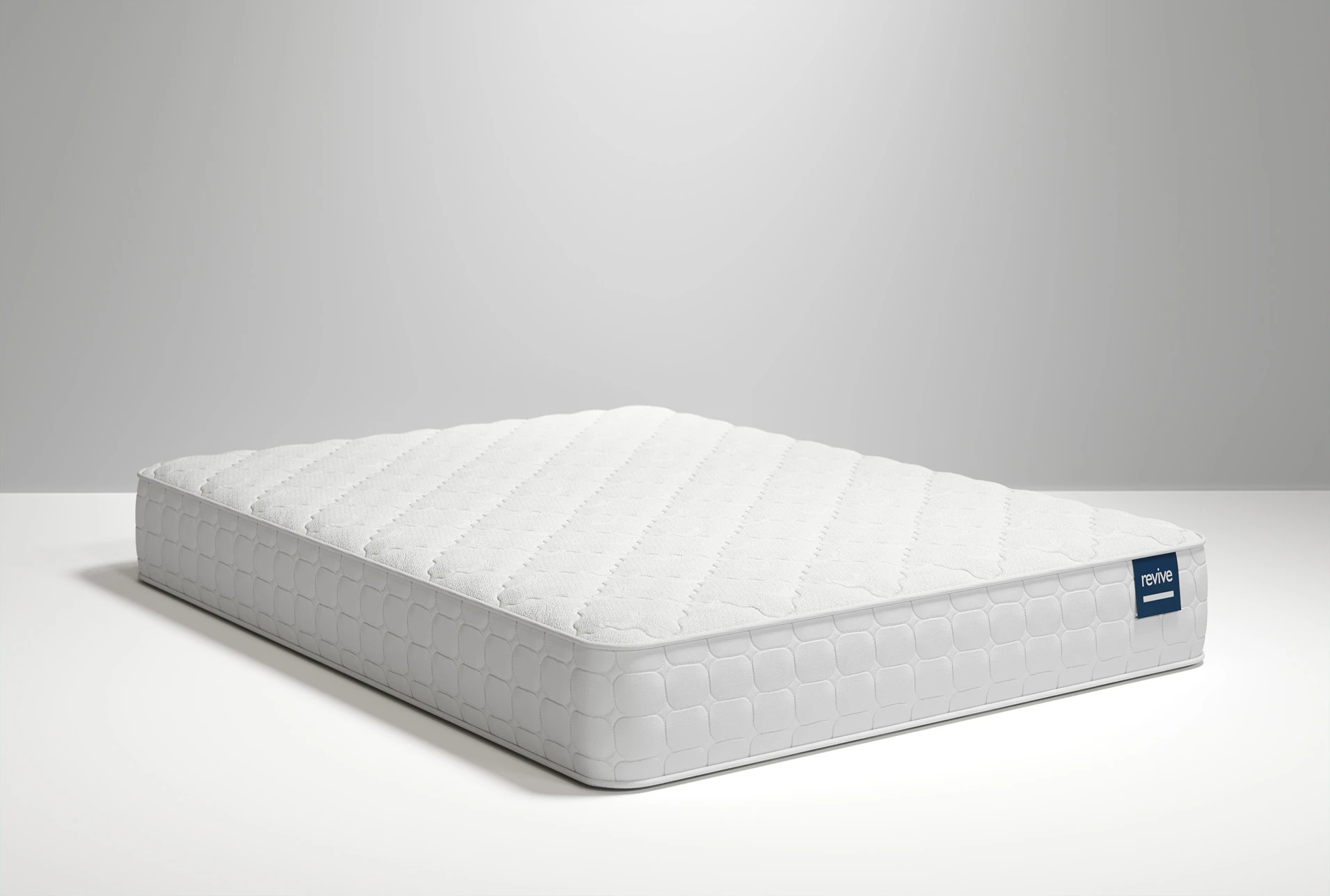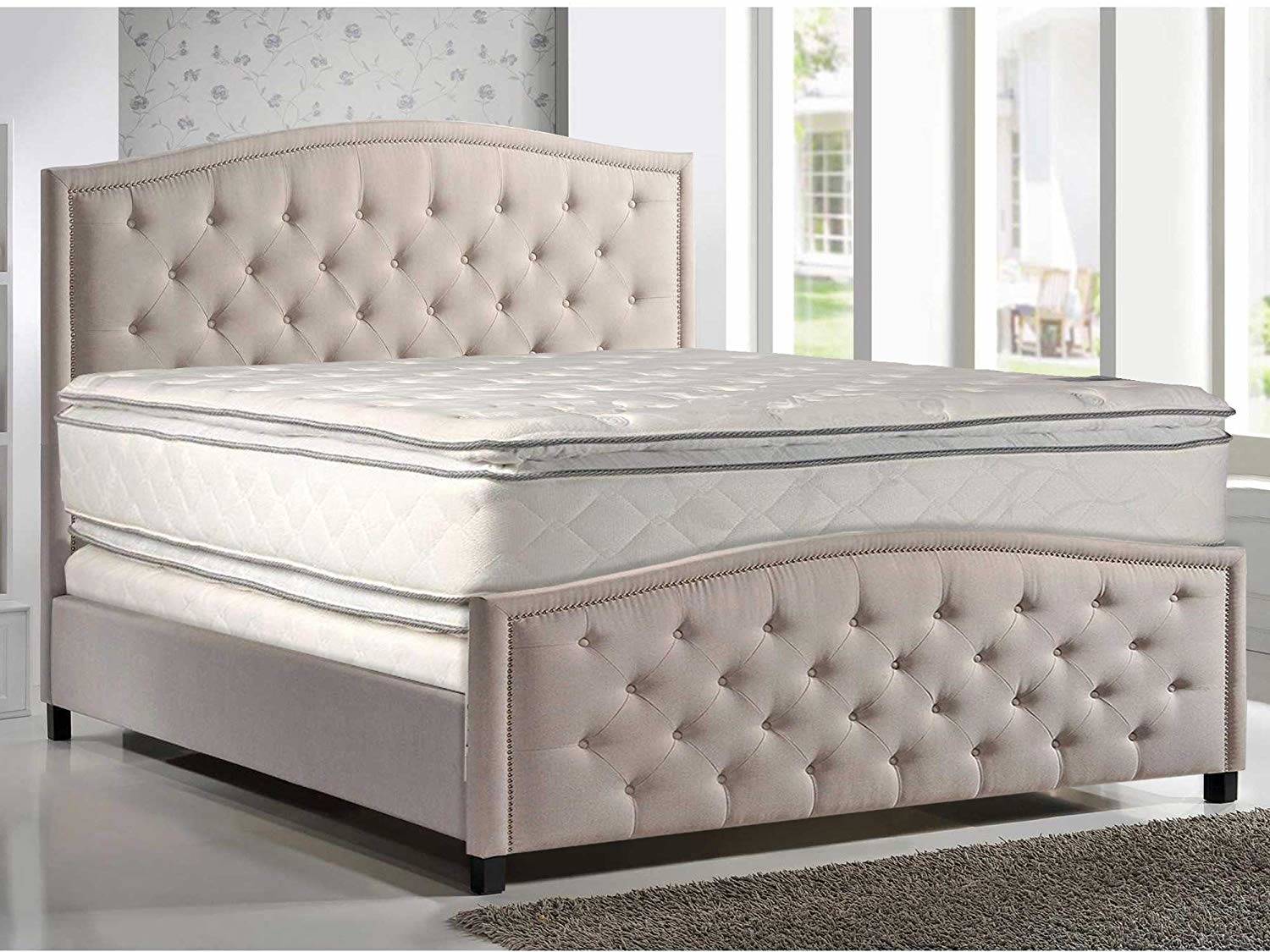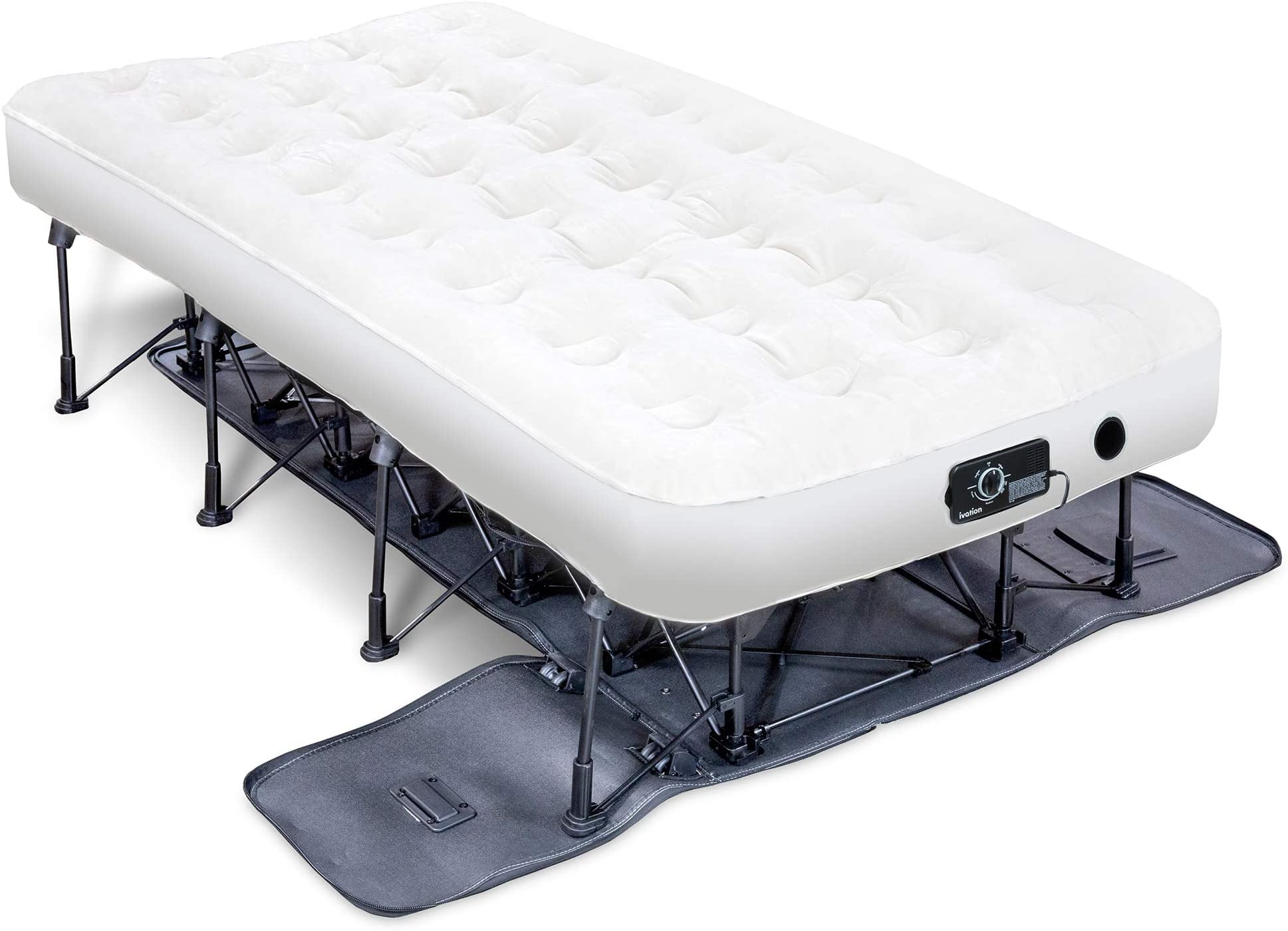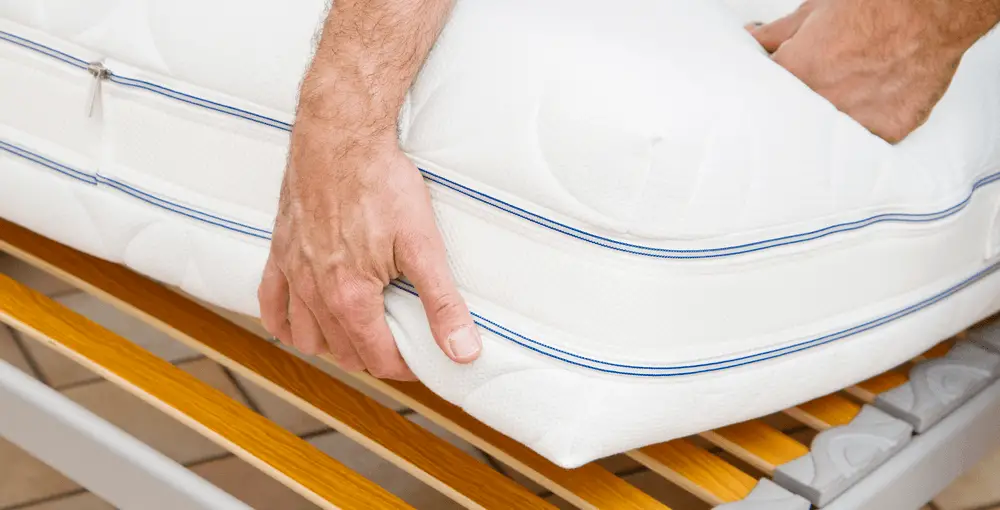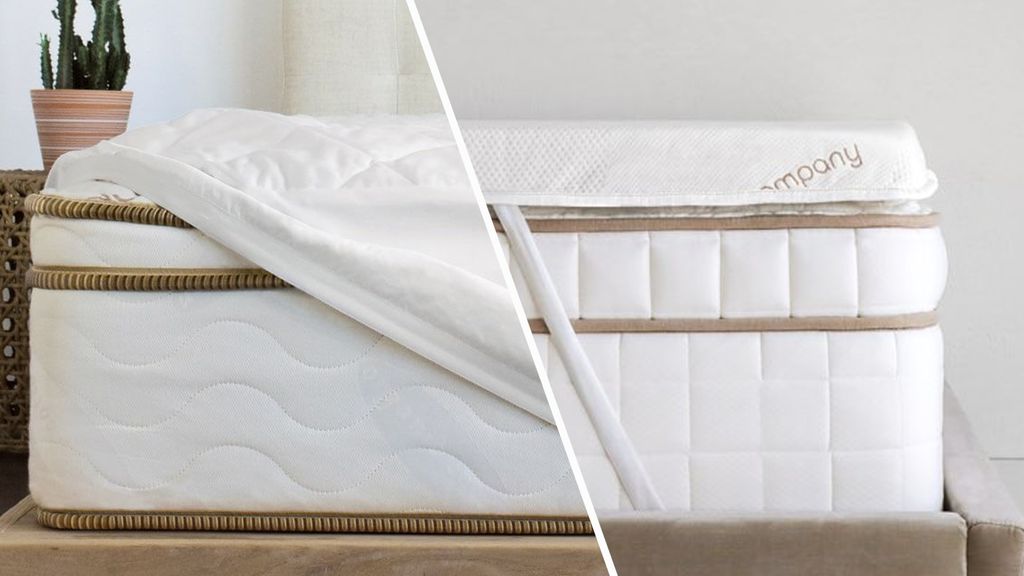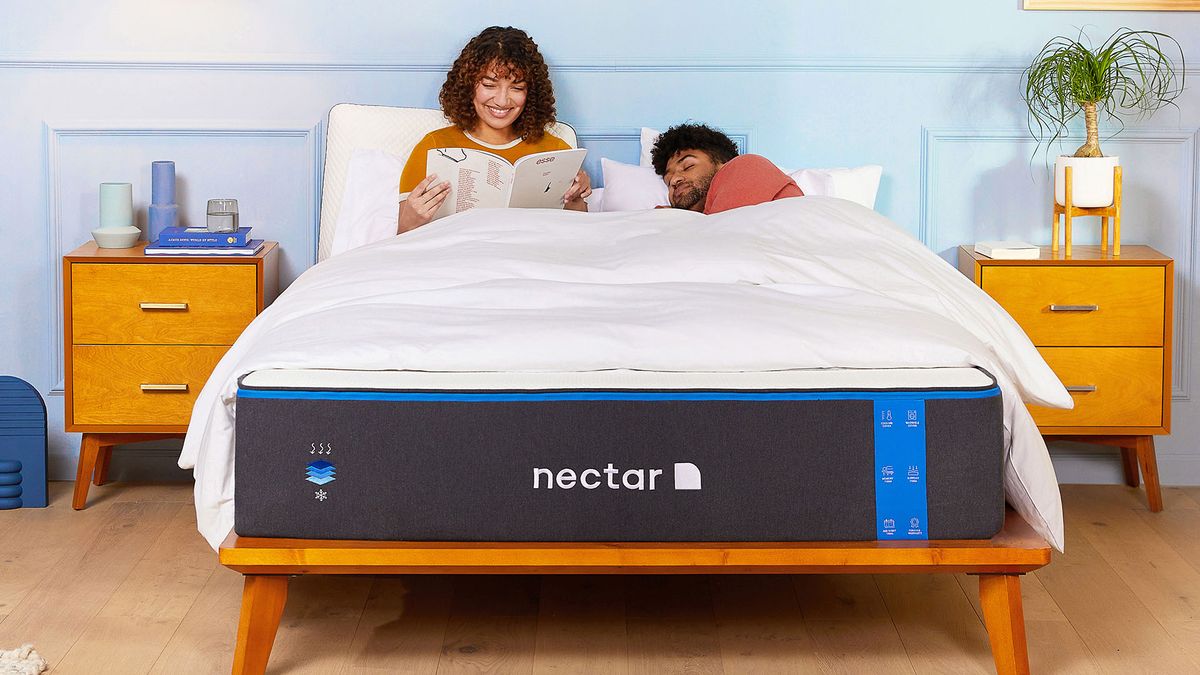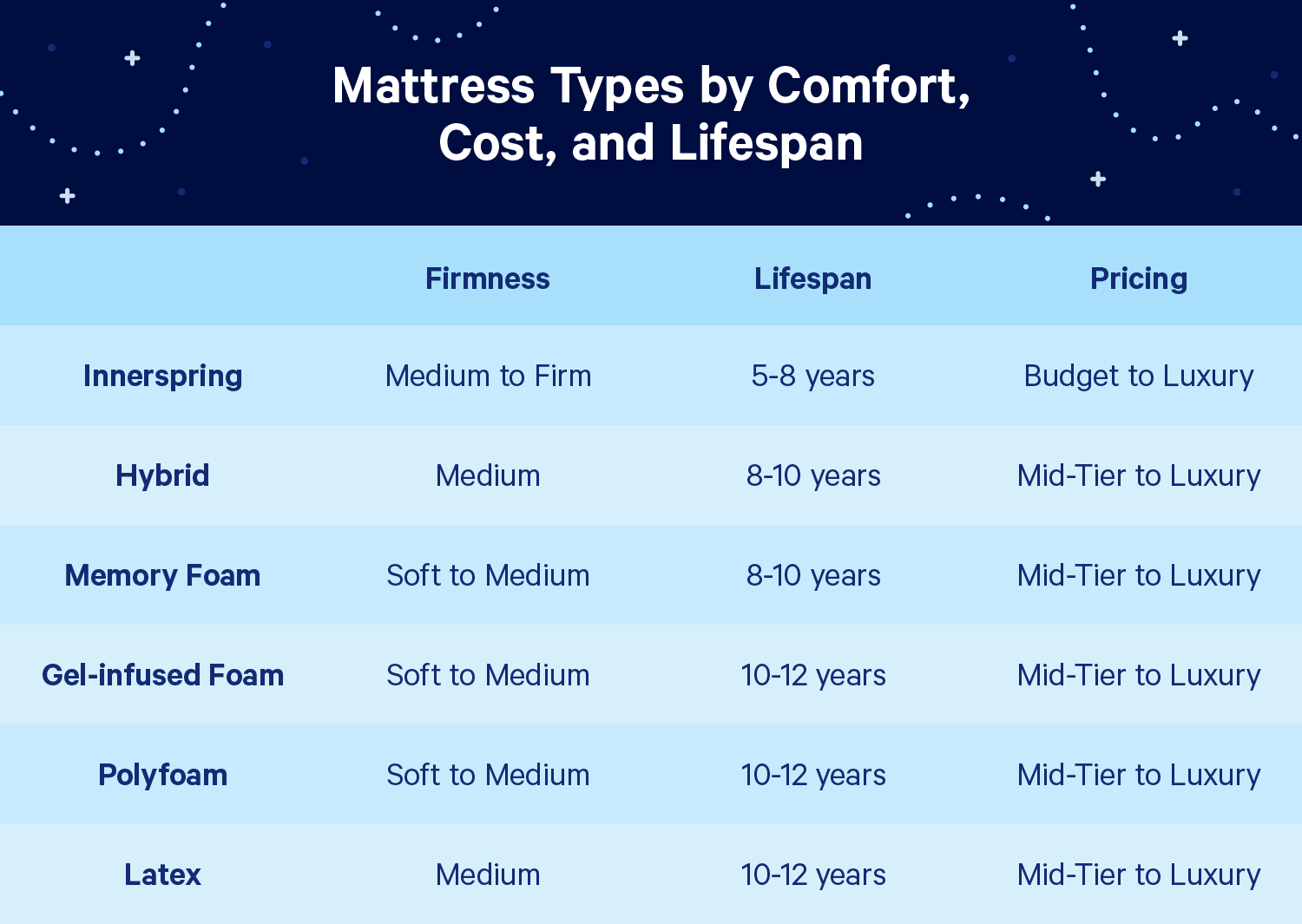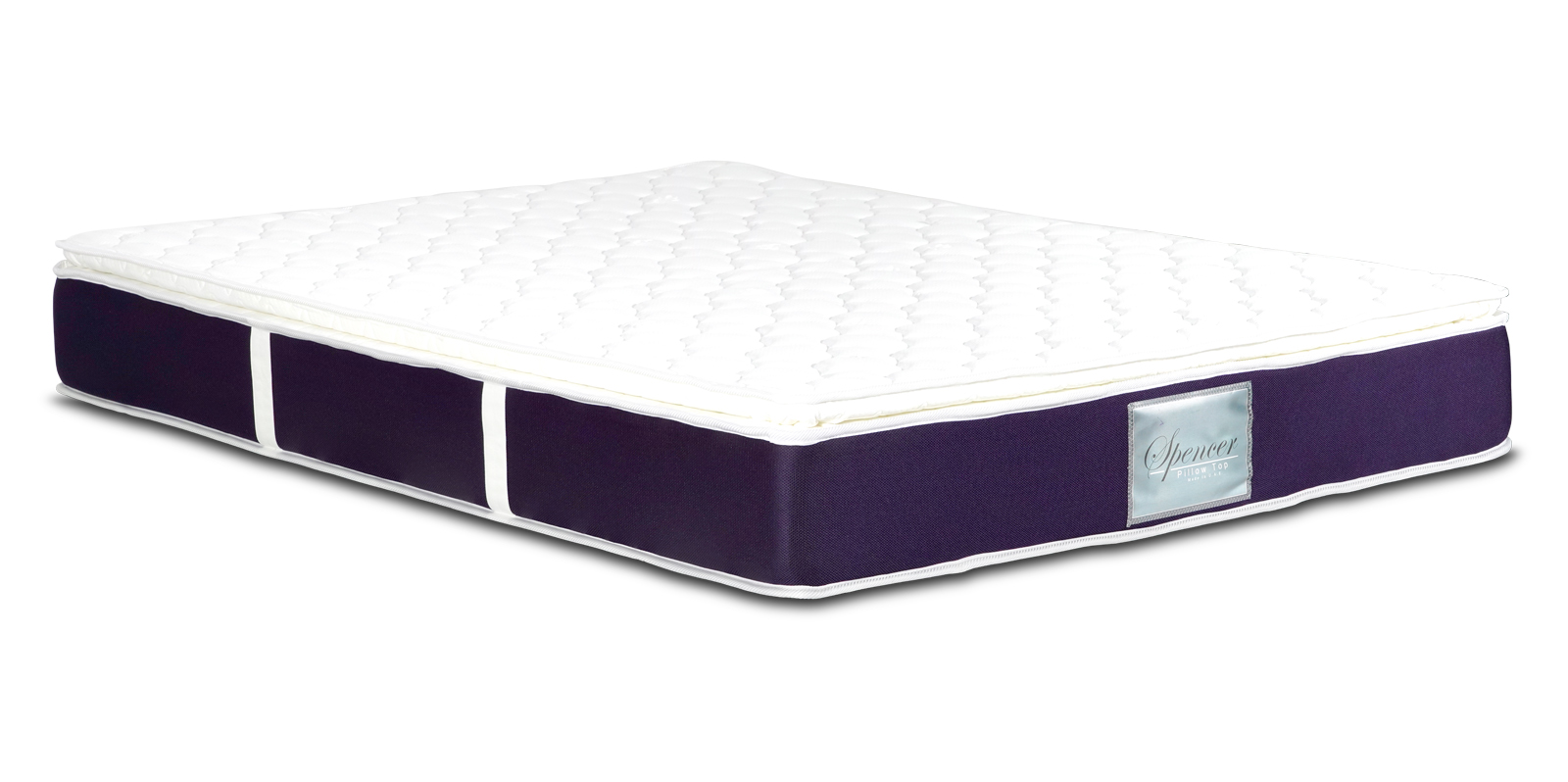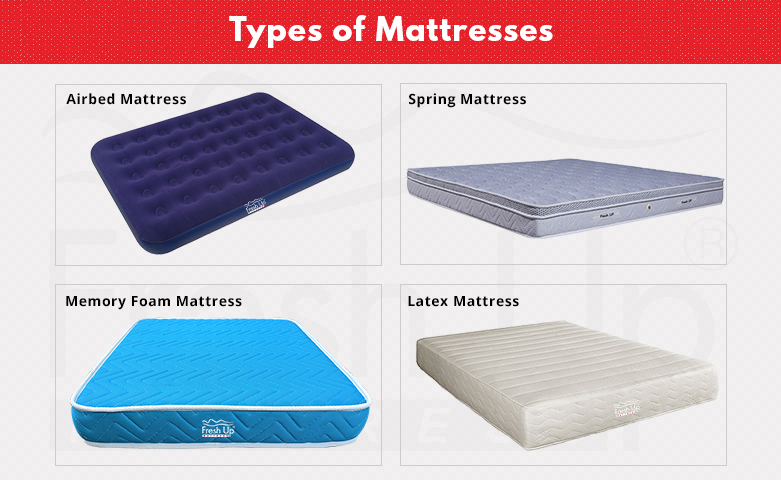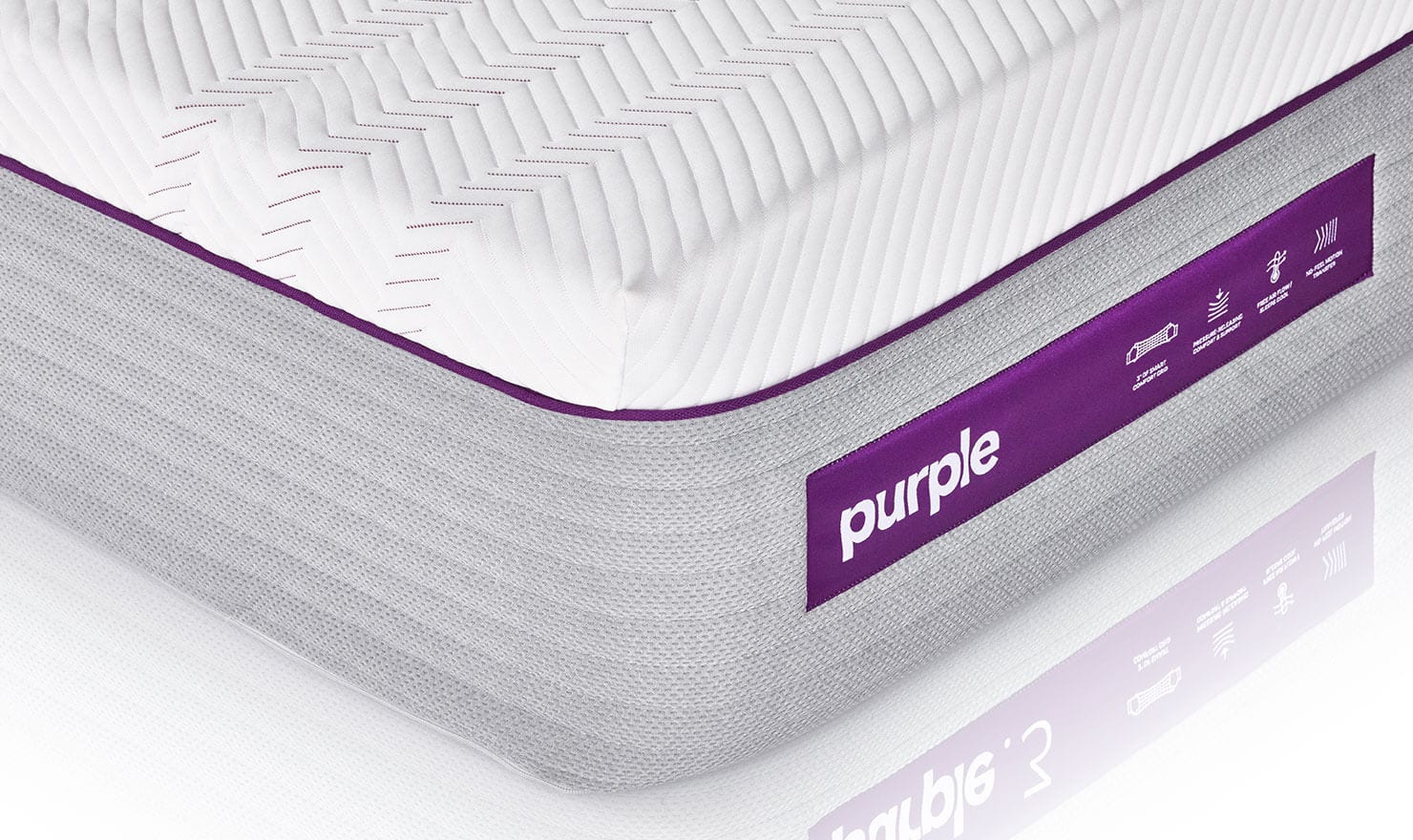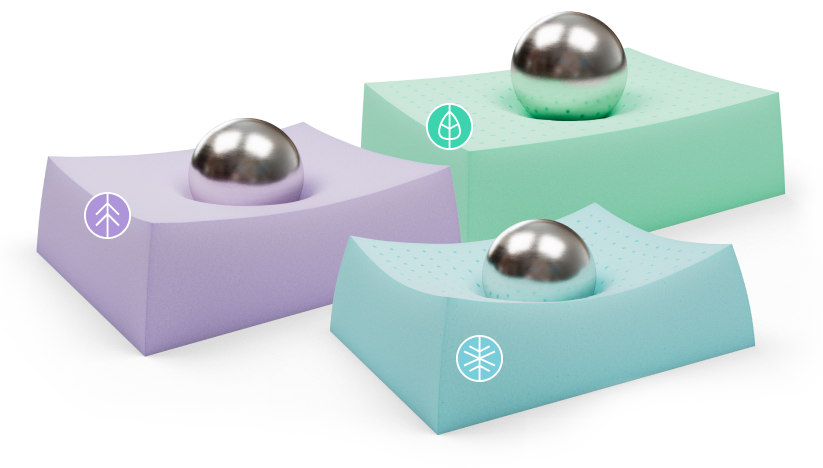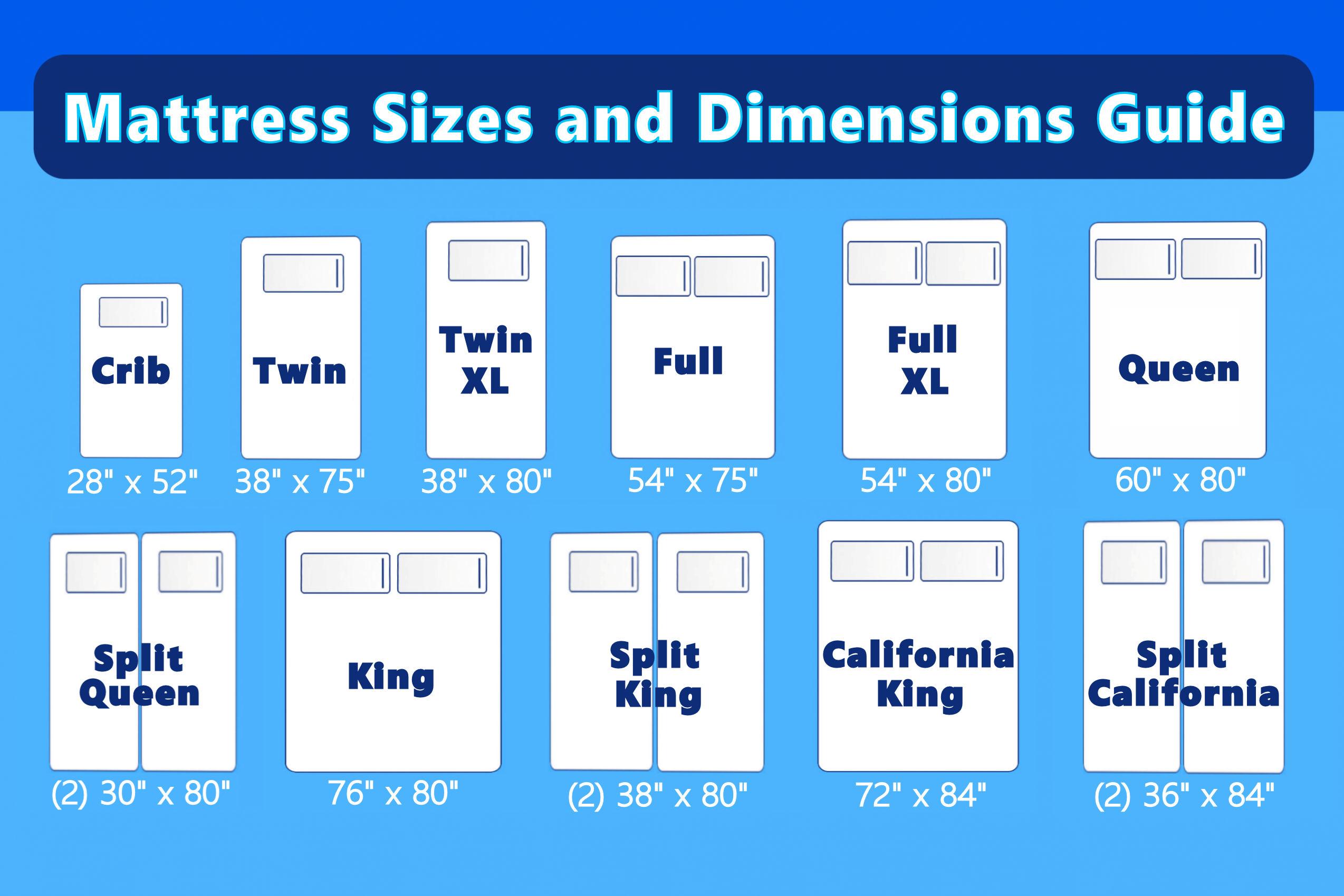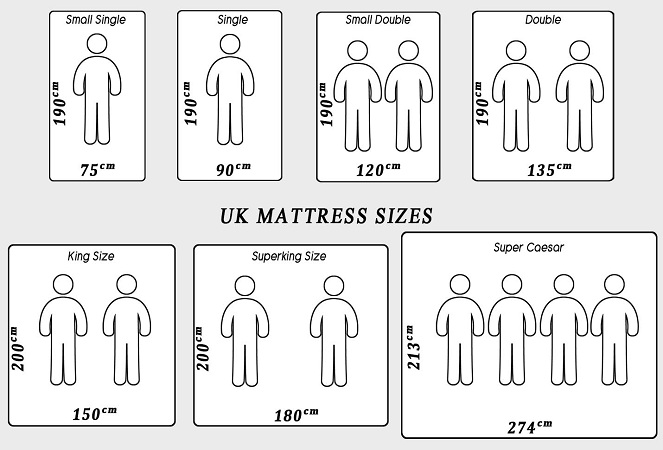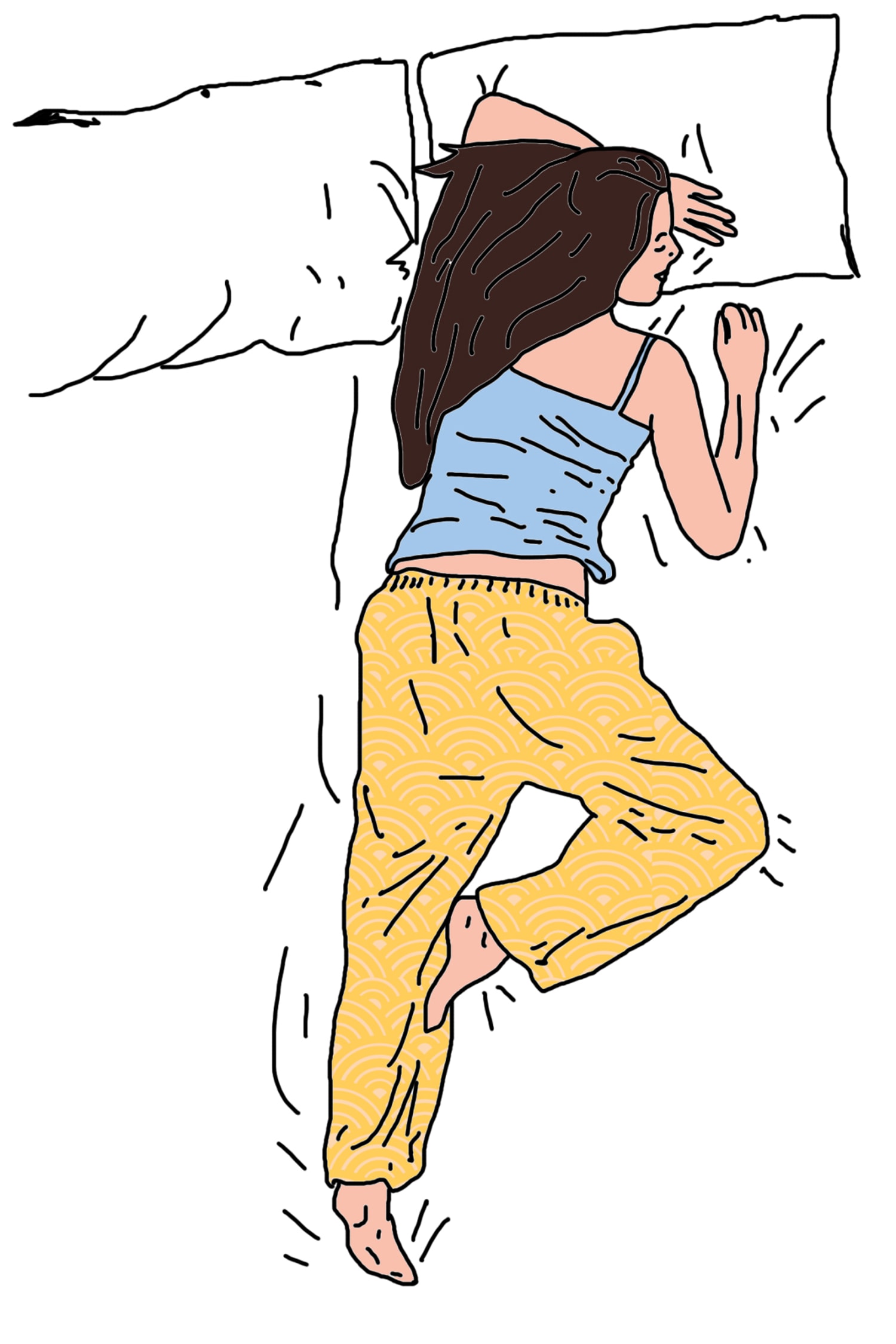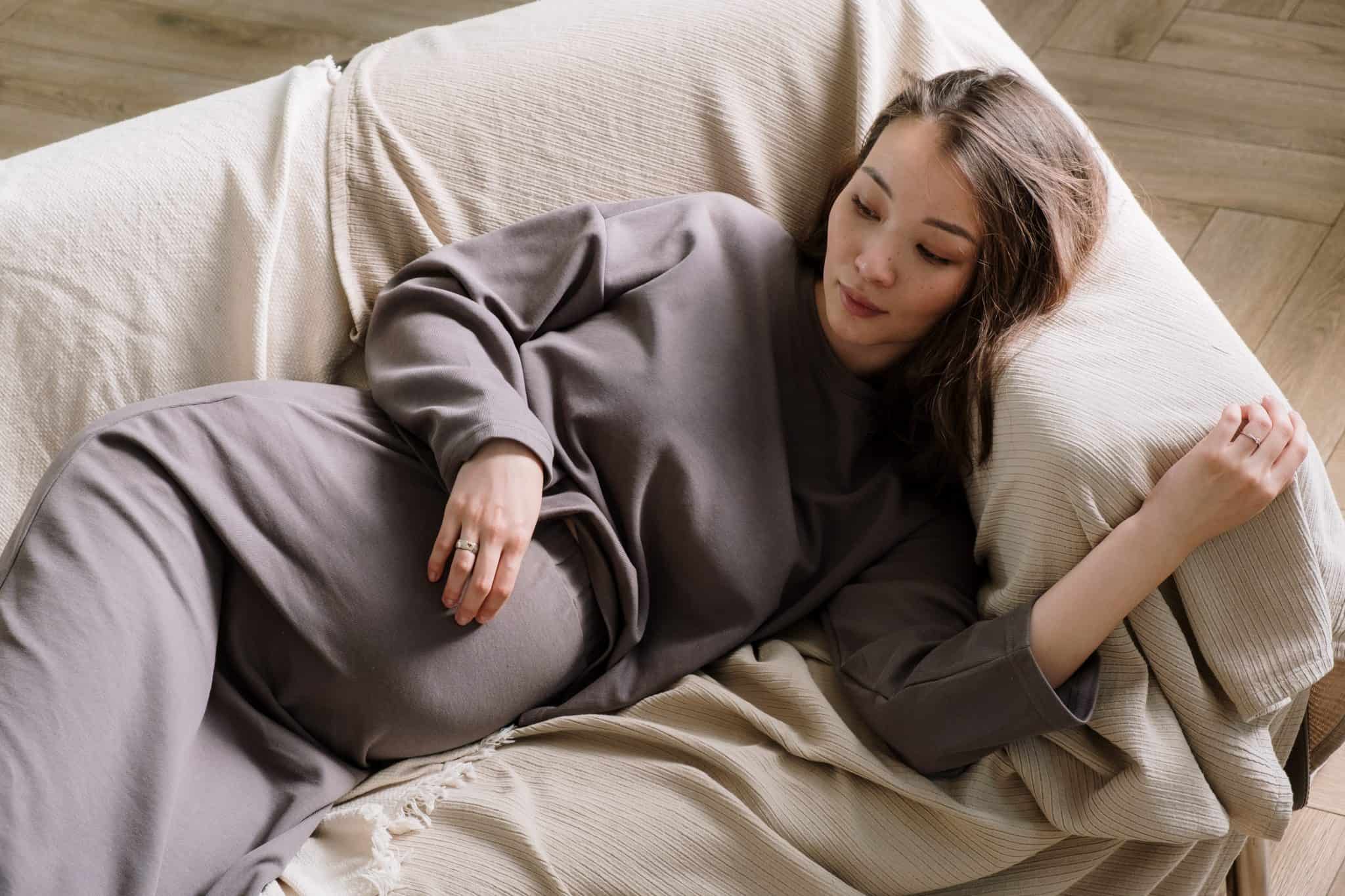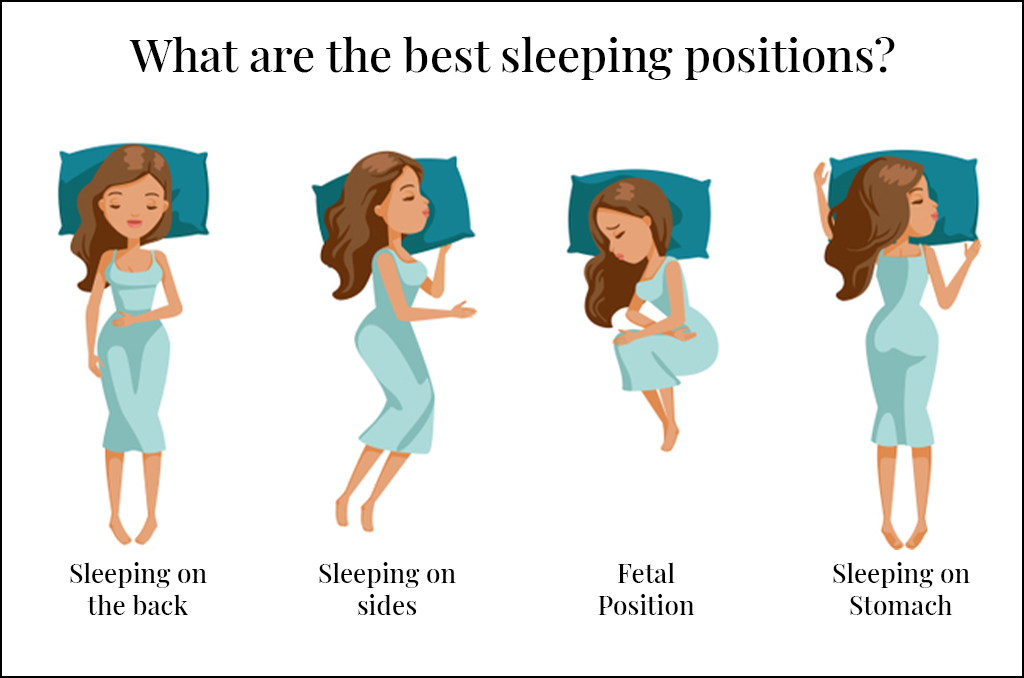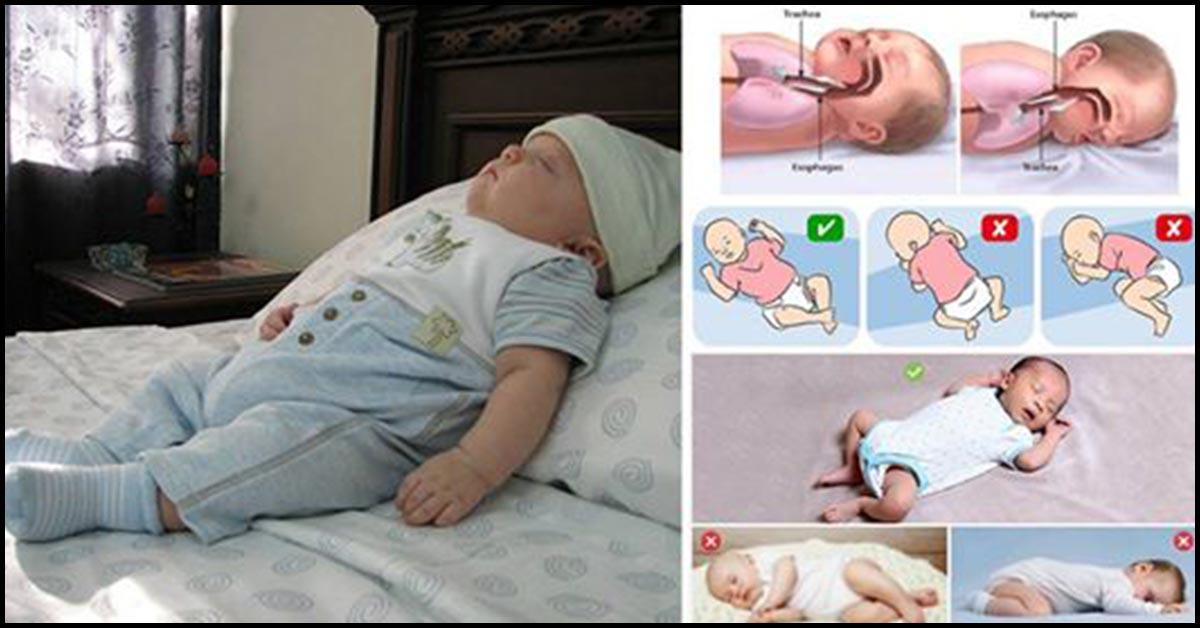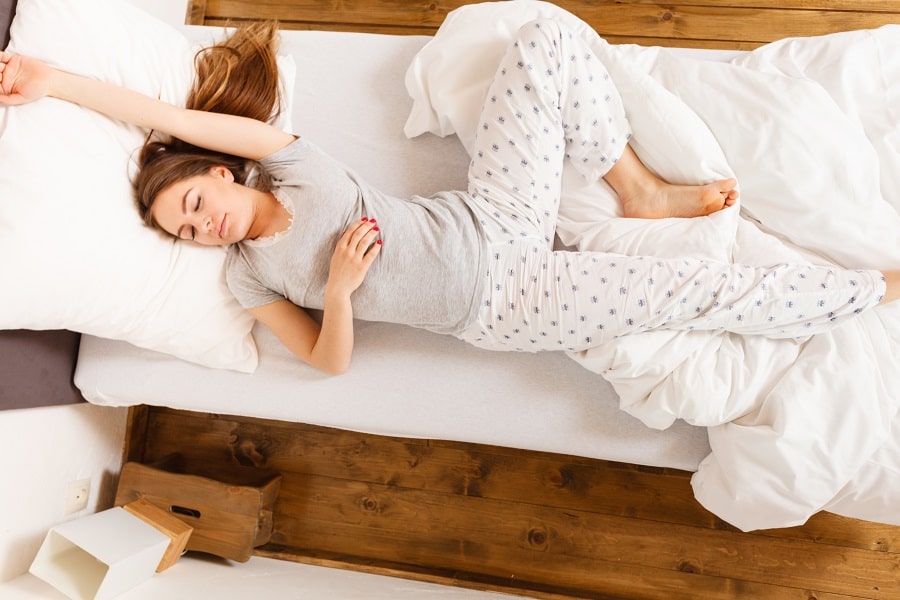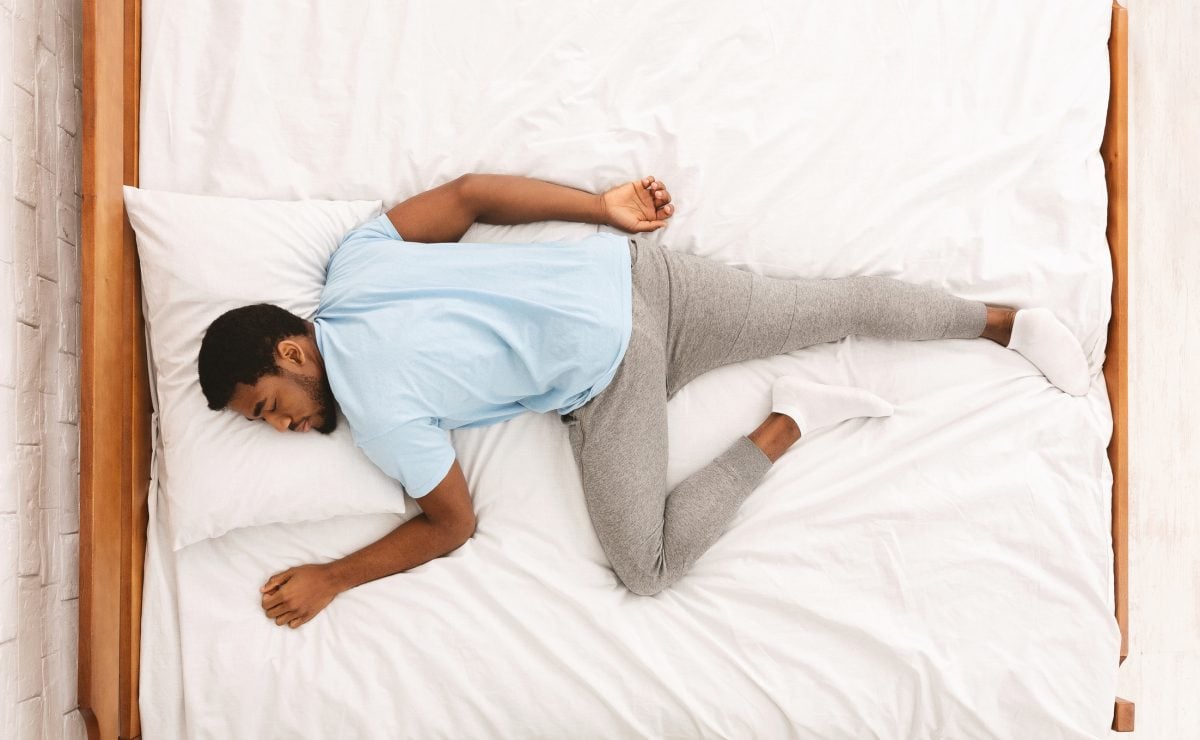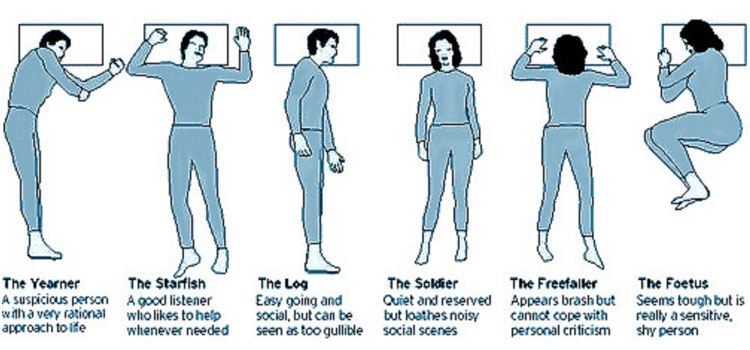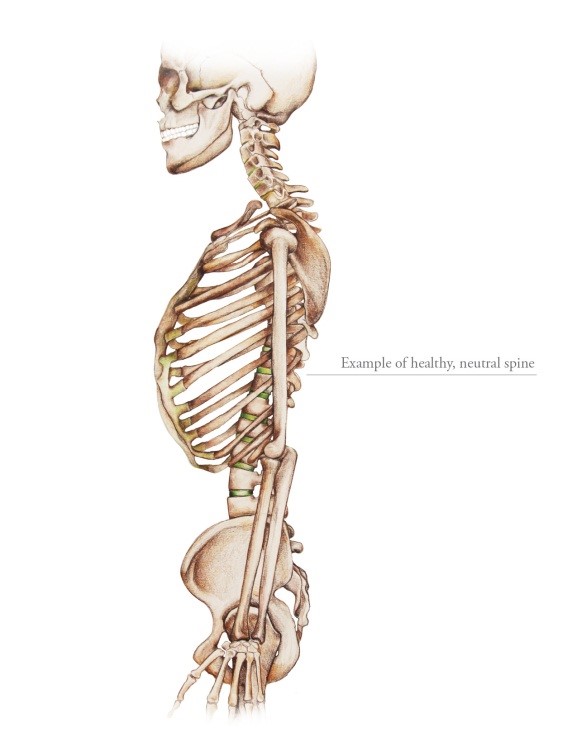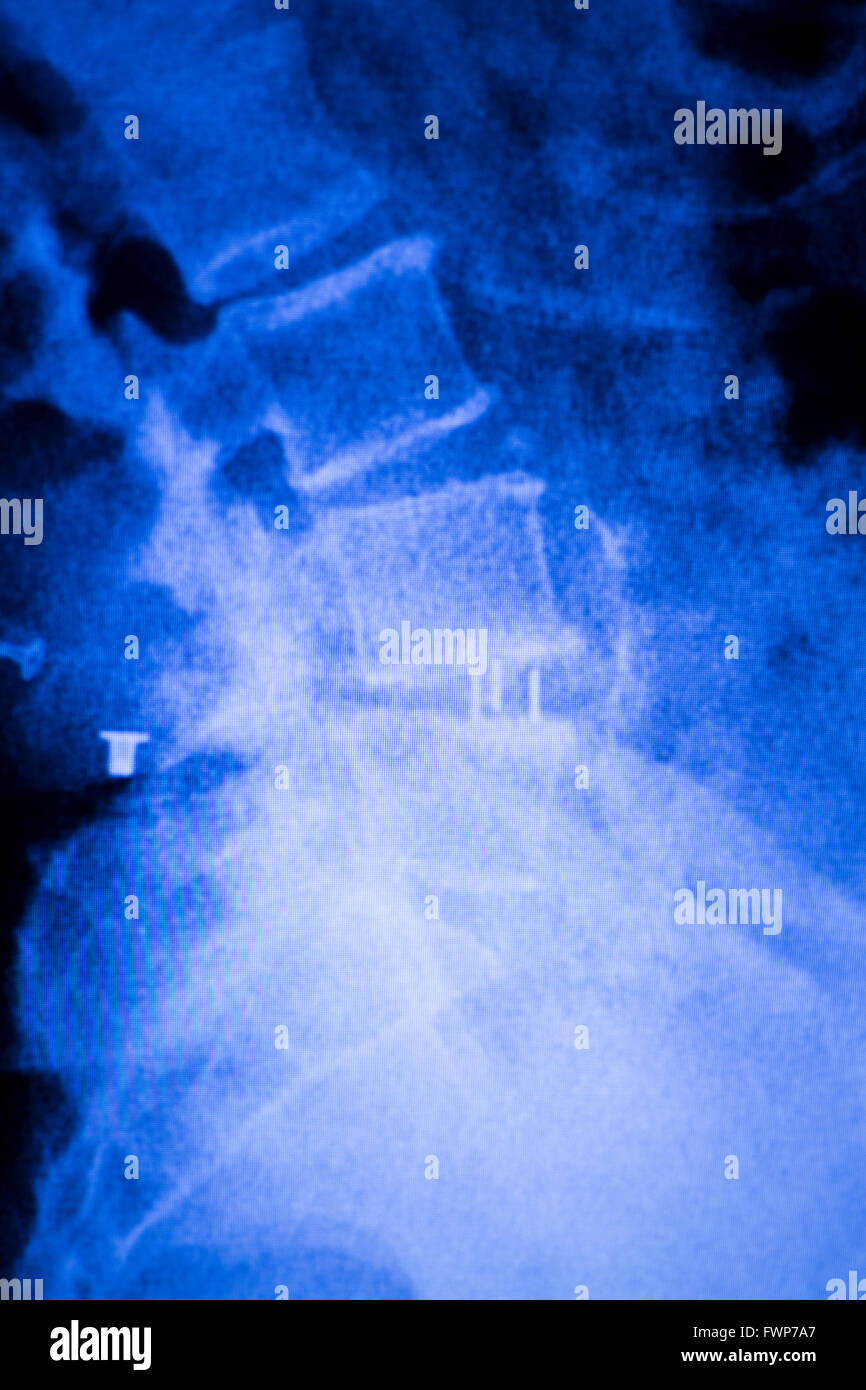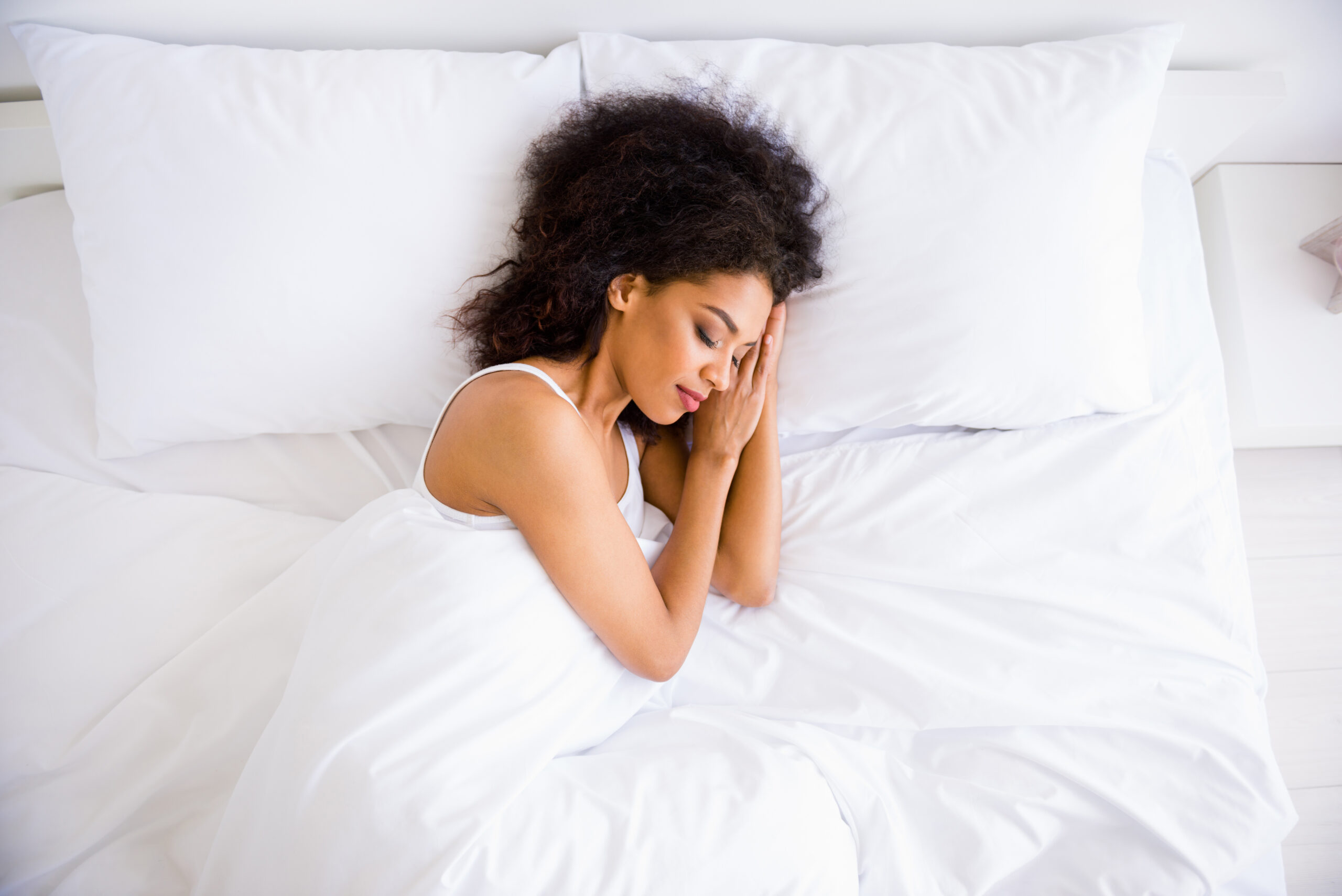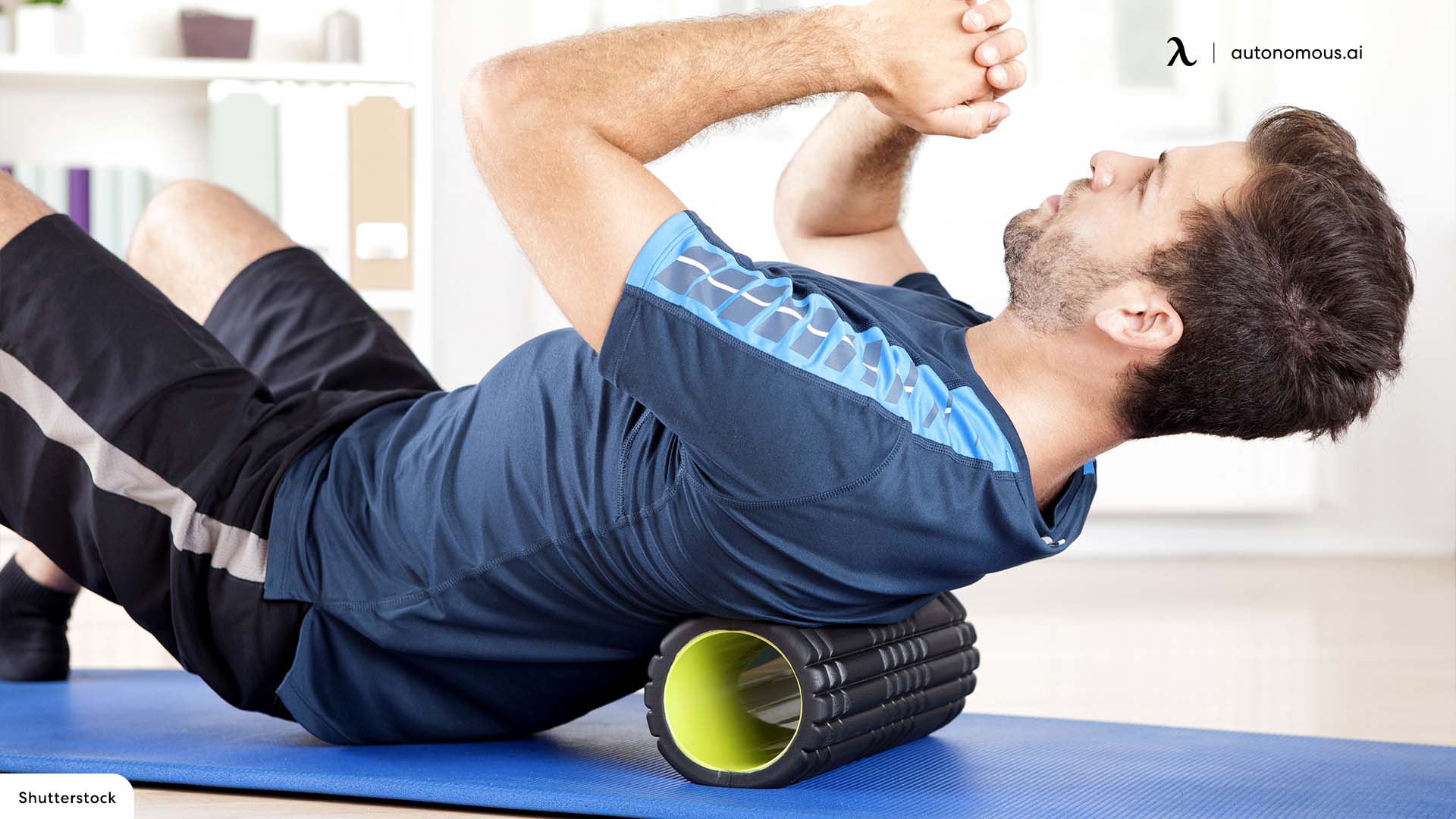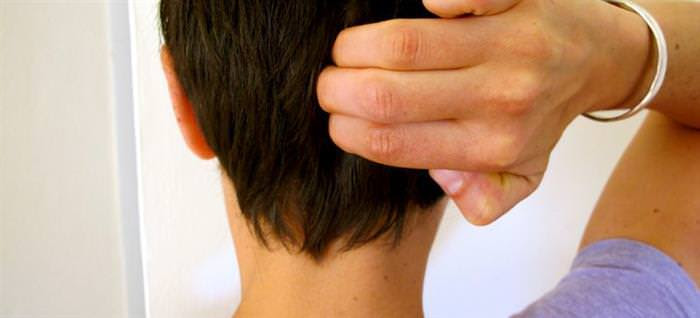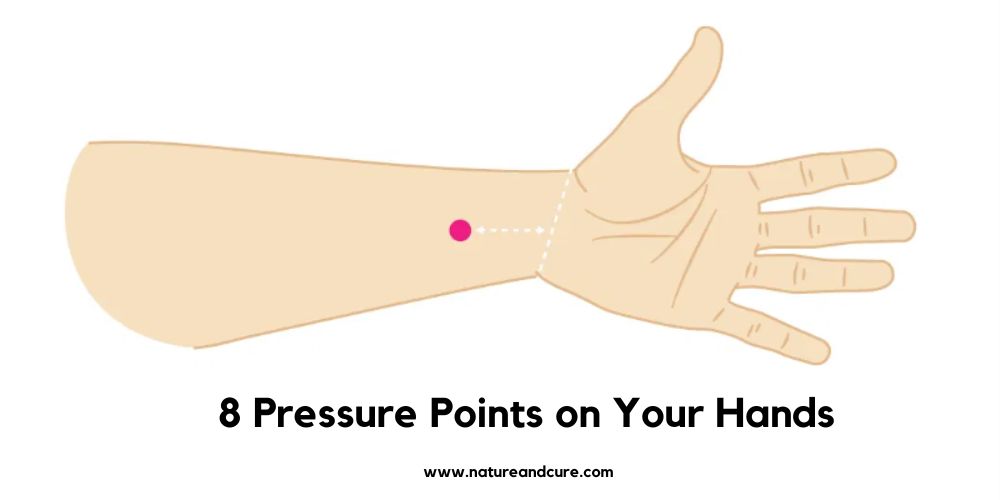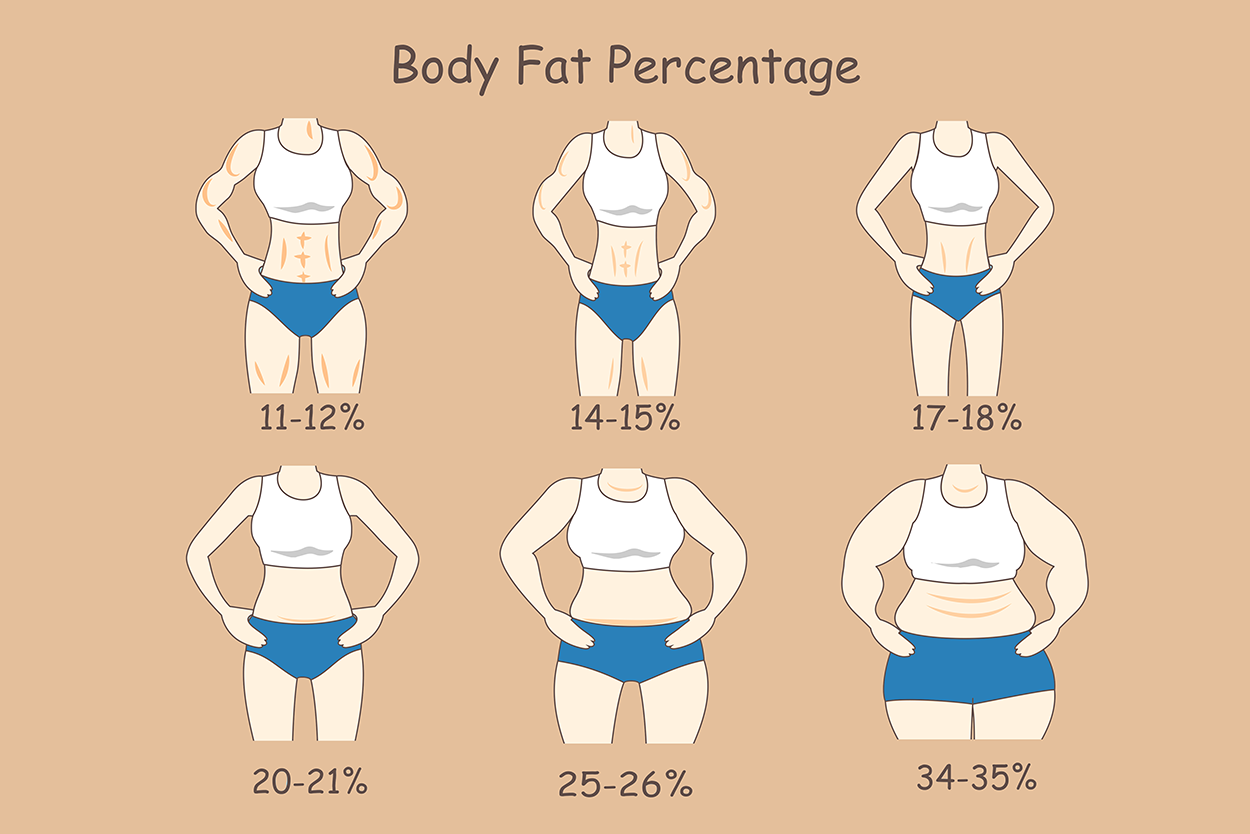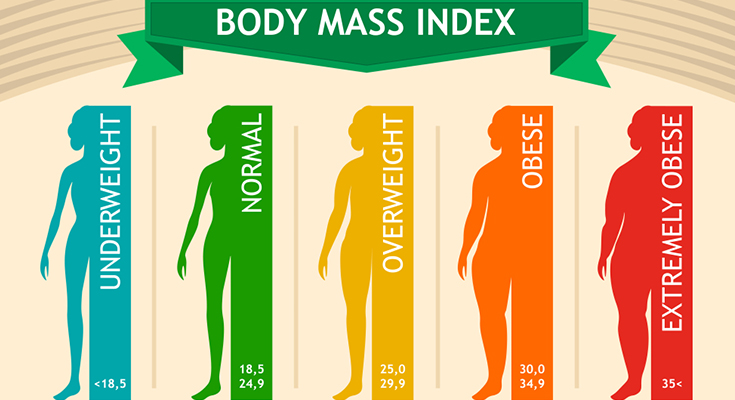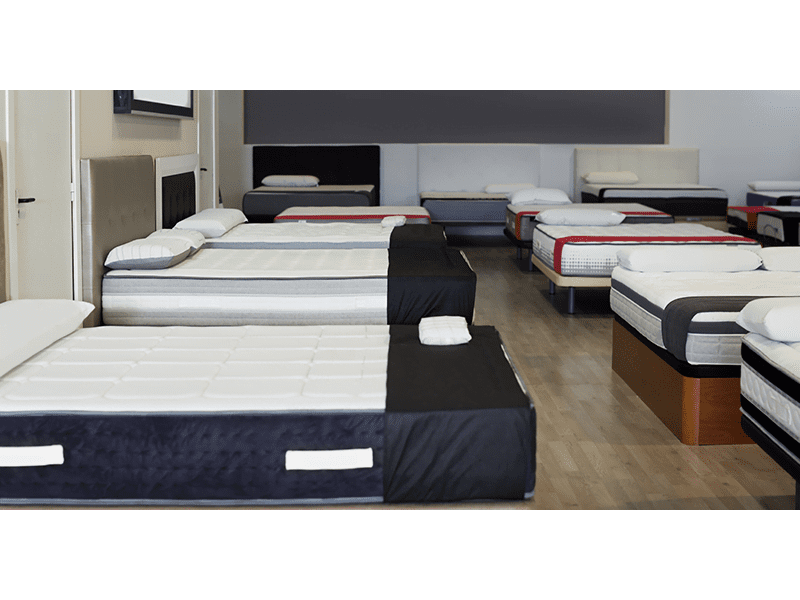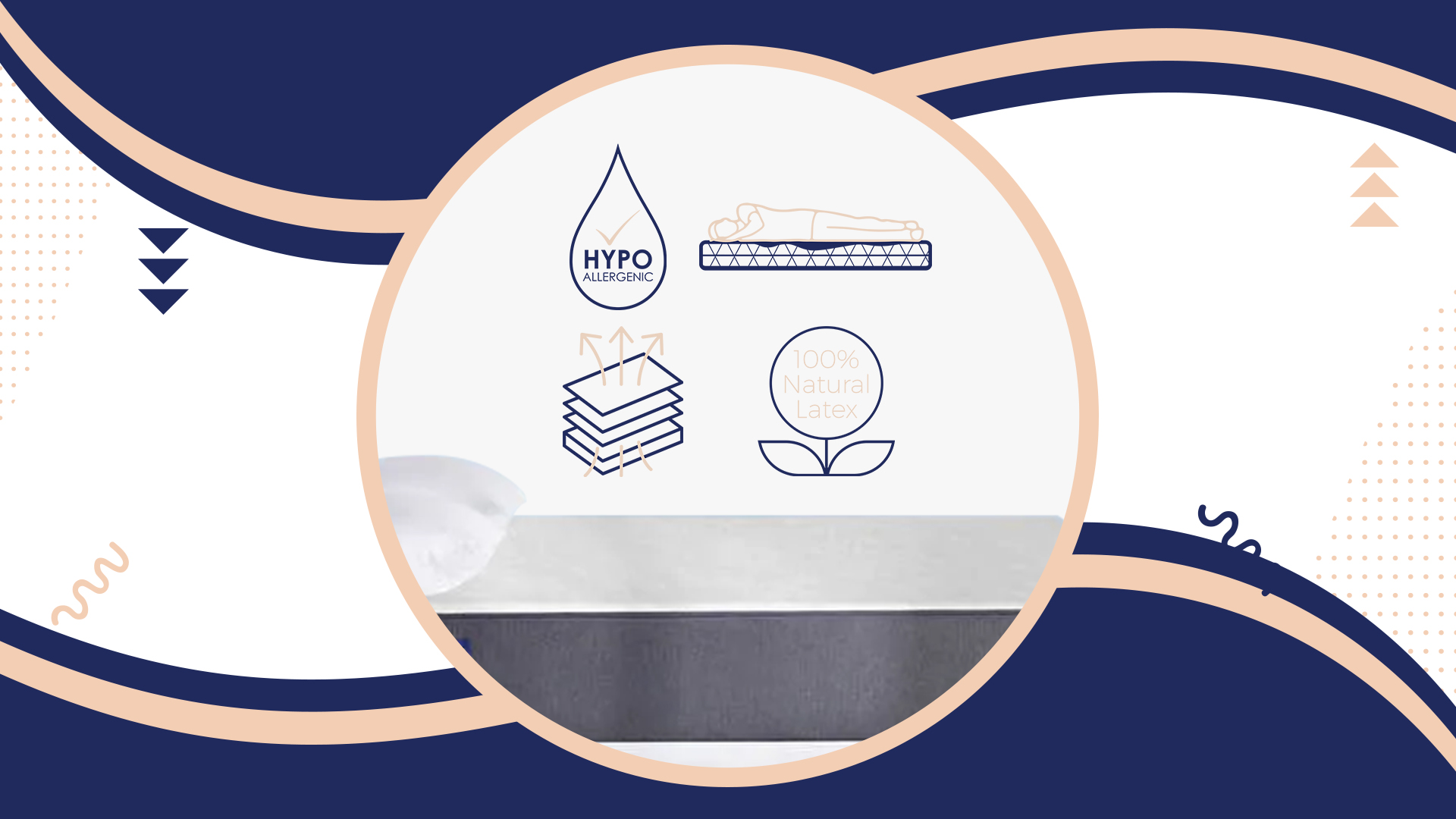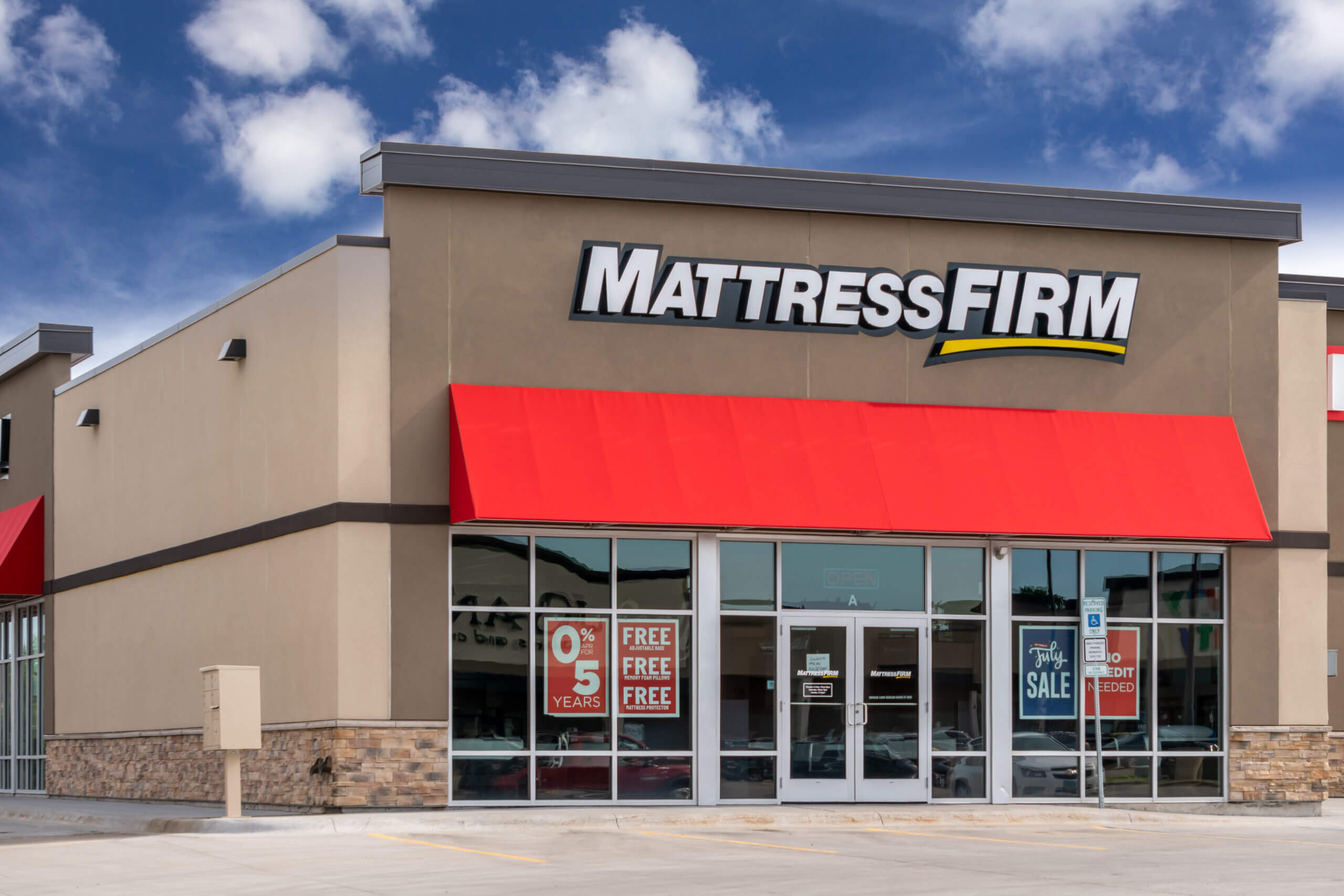1. Mattress Firmness
One of the main reasons why you may experience lower back pain after sleeping on a new mattress is the firmness level of the mattress. Different people have different preferences when it comes to mattress firmness, and if the firmness level of your new mattress does not suit your body, it can lead to discomfort and pain in your lower back.
It is important to find the right balance of firmness and support in a mattress. A mattress that is too firm can put excess pressure on your hips and shoulders, causing your spine to sink and leading to lower back pain. On the other hand, a mattress that is too soft may not provide enough support, causing your spine to curve unnaturally and also resulting in lower back pain.
When buying a new mattress, make sure to test out different firmness levels and find the one that feels most comfortable for your body. If you already have a new mattress with a firmness level that is not suitable for you, consider using a mattress topper to add some extra cushioning and support.
2. Mattress Support
Another important factor to consider when experiencing lower back pain after sleeping on a new mattress is the level of support it provides. A supportive mattress should keep your spine in a neutral position, meaning it should not be too curved or too straight.
If your new mattress does not provide enough support, it can cause your spine to sink and lead to lower back pain. This is especially true for people who are heavier or have a larger body frame. In this case, a mattress with firmer support may be more suitable.
It is also important to note that the support of a mattress can decrease over time, so even if your new mattress initially provided enough support, it may not do so after a few months. Keep an eye on your mattress and consider replacing it if you start experiencing lower back pain on a regular basis.
3. Mattress Quality
The quality of a mattress can greatly affect the level of comfort and support it provides. A high-quality mattress is designed to evenly distribute your body weight and relieve pressure points, making it less likely for you to experience lower back pain.
On the other hand, a low-quality mattress may not have the same level of support and can cause your spine to sink and lead to lower back pain. It is important to invest in a good quality mattress that will provide you with the necessary comfort and support for a good night's sleep.
When shopping for a new mattress, make sure to do your research and read reviews to ensure you are getting a high-quality product. A good mattress is an investment in your overall health and well-being.
4. Mattress Material
The material of your new mattress can also play a role in causing lower back pain. Different materials have different levels of firmness and support, and it is important to find the one that works best for your body.
For example, memory foam mattresses are known for their contouring abilities, which can help relieve pressure points and maintain spinal alignment. However, they may not provide enough support for people with larger body frames. On the other hand, innerspring mattresses are known for their firm support, but they may not be as comfortable for people who prefer a softer feel.
Consider your body type and sleeping preferences when choosing a mattress material to ensure it will provide you with the necessary comfort and support for a good night's sleep.
5. Mattress Type
Similar to mattress materials, different types of mattresses can also affect your lower back pain. The three most common types of mattresses are memory foam, innerspring, and hybrid mattresses.
Memory foam mattresses are known for their pressure-relieving abilities, making them a good choice for those who experience lower back pain. Innerspring mattresses are known for their firm support, while hybrid mattresses combine the benefits of both memory foam and innerspring mattresses.
When choosing a mattress type, consider your sleeping preferences and any existing pain or discomfort you may have. Your mattress should provide you with the necessary support and comfort for a good night's sleep.
6. Sleeping Position
The position you sleep in can also contribute to lower back pain, especially on a new mattress. Different sleeping positions require different levels of support and firmness in a mattress.
For example, side sleepers may need a softer mattress to cushion their shoulders and hips, while back and stomach sleepers may need a firmer mattress to support their spine. If your new mattress does not cater to your sleeping position, it can cause discomfort and pain in your lower back.
Consider your sleeping position when choosing a new mattress and make sure it provides the necessary support for your preferred position.
7. Spinal Alignment
Proper spinal alignment is key to preventing lower back pain. When lying down on a new mattress, your spine should maintain its natural curvature without sinking or arching too much.
If your new mattress does not provide enough support or is too firm, it can cause your spine to be misaligned, leading to lower back pain. This can also happen if your mattress is too soft and your spine sinks too much.
Make sure to test out different mattresses and find the one that maintains your spine's natural alignment for a comfortable and pain-free sleep.
8. Pressure Points
Pressure points are areas of the body that bear the most weight and can become sore and painful if not relieved. A good mattress should help distribute your body weight evenly and relieve pressure points, preventing lower back pain.
If your new mattress does not provide enough cushioning or support, it can cause pressure points to build up and lead to discomfort and pain in your lower back. Memory foam mattresses are known for their pressure-relieving abilities, making them a good choice for those who experience lower back pain.
Consider your body weight and any existing pressure points when choosing a new mattress to ensure it will provide you with the necessary comfort and support.
9. Body Weight
Your body weight can also affect the level of comfort and support your new mattress provides. Heavier individuals may sink deeper into a mattress, causing their spine to be misaligned and leading to lower back pain.
If you are on the heavier side, consider opting for a firmer mattress with good support to prevent your spine from sinking. Additionally, make sure to rotate and flip your mattress regularly to prevent sagging and maintain its support.
10. Mattress Age
Lastly, the age of your mattress can also contribute to lower back pain. Over time, mattresses lose their support and cushioning abilities, which can lead to discomfort and pain in your lower back.
If you have been using your mattress for a long time and start experiencing lower back pain, it may be time to consider replacing it with a new one. A good rule of thumb is to replace your mattress every 7-10 years.
In conclusion, there are many factors that can contribute to lower back pain after sleeping on a new mattress. It is important to consider the firmness, support, quality, material, and type of mattress, as well as your sleeping position, spinal alignment, pressure points, body weight, and the age of your mattress. By finding the right balance of these factors, you can ensure a comfortable and pain-free sleep on your new mattress.
The Connection Between Your Mattress and Lower Back Pain

Understanding the Importance of Mattress Support
 When it comes to choosing a new mattress, most people focus on factors such as size, material, and comfort level. However, one important factor that often gets overlooked is support. A mattress that does not provide adequate support can lead to a host of problems, including lower back pain.
Support is crucial for maintaining proper spinal alignment while sleeping
. When our body is in a neutral position, the spine is naturally curved, with the cervical (neck) and lumbar (lower back) regions slightly arched, and the thoracic (mid-back) region slightly rounded.
However, if a mattress is too soft, it can cause the spine to sink too deeply, disrupting this natural alignment and putting strain on the lower back.
On the other hand, if a mattress is too firm, it can create pressure points that also affect spinal alignment.
When it comes to choosing a new mattress, most people focus on factors such as size, material, and comfort level. However, one important factor that often gets overlooked is support. A mattress that does not provide adequate support can lead to a host of problems, including lower back pain.
Support is crucial for maintaining proper spinal alignment while sleeping
. When our body is in a neutral position, the spine is naturally curved, with the cervical (neck) and lumbar (lower back) regions slightly arched, and the thoracic (mid-back) region slightly rounded.
However, if a mattress is too soft, it can cause the spine to sink too deeply, disrupting this natural alignment and putting strain on the lower back.
On the other hand, if a mattress is too firm, it can create pressure points that also affect spinal alignment.
The Role of Mattress Firmness
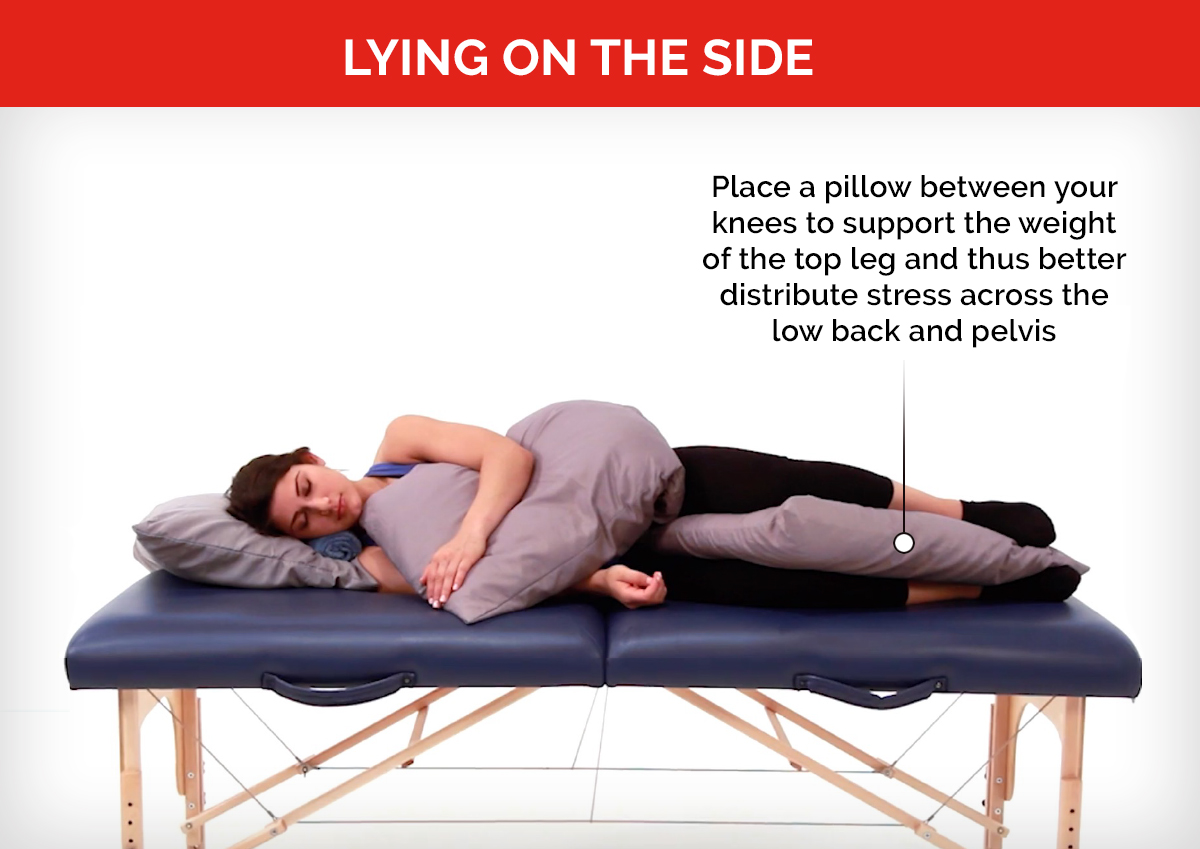 While many people believe that a firmer mattress is better for back pain,
the truth is that a medium-firm mattress is often the best option for maintaining proper spinal alignment.
This type of mattress provides enough support to keep the spine in its natural position while still allowing for some cushioning for the hips and shoulders.
It's important to note that everyone's body is different, and what may feel comfortable for one person may not be suitable for another.
Therefore, it's crucial to test out different levels of firmness and find the one that works best for you.
While many people believe that a firmer mattress is better for back pain,
the truth is that a medium-firm mattress is often the best option for maintaining proper spinal alignment.
This type of mattress provides enough support to keep the spine in its natural position while still allowing for some cushioning for the hips and shoulders.
It's important to note that everyone's body is different, and what may feel comfortable for one person may not be suitable for another.
Therefore, it's crucial to test out different levels of firmness and find the one that works best for you.
How to Tell If Your Mattress is Causing Your Lower Back Pain
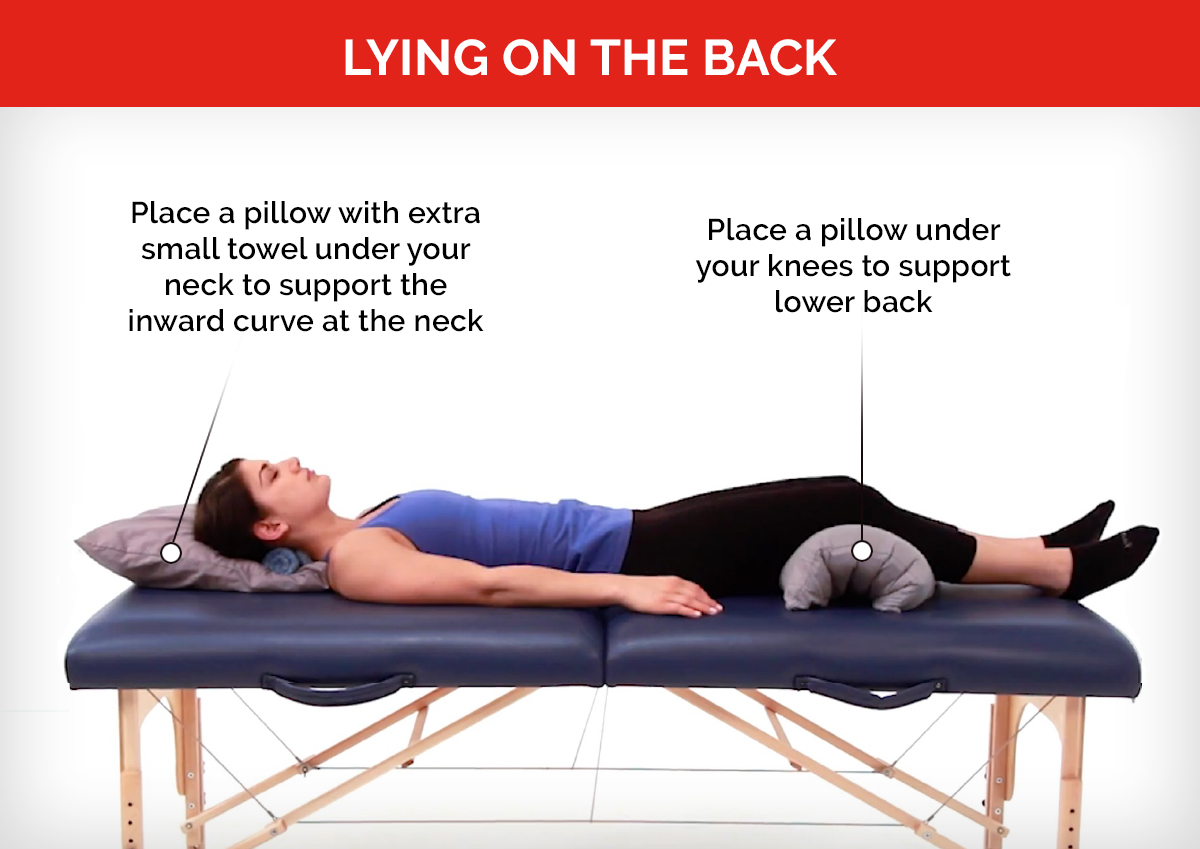 If you've recently purchased a new mattress and are now experiencing lower back pain, it's crucial to assess whether the mattress is the cause.
Consider how long you've had the mattress, as well as any changes you've made to your sleeping habits, such as a new sleeping position or a different pillow.
If your pain seems to have started after getting a new mattress, it's likely that the mattress is the culprit.
Additionally, pay attention to the location and type of pain you're experiencing. Lower back pain that is dull and achy is often a sign of poor mattress support, while sharp pain or numbness may indicate a more serious issue.
If your pain persists, it's important to consult with a doctor to rule out any underlying conditions.
If you've recently purchased a new mattress and are now experiencing lower back pain, it's crucial to assess whether the mattress is the cause.
Consider how long you've had the mattress, as well as any changes you've made to your sleeping habits, such as a new sleeping position or a different pillow.
If your pain seems to have started after getting a new mattress, it's likely that the mattress is the culprit.
Additionally, pay attention to the location and type of pain you're experiencing. Lower back pain that is dull and achy is often a sign of poor mattress support, while sharp pain or numbness may indicate a more serious issue.
If your pain persists, it's important to consult with a doctor to rule out any underlying conditions.
Investing in Your Sleep Health
 While a new mattress can be a significant expense, it's crucial to prioritize your sleep health.
Chronic lower back pain can significantly impact your daily life, affecting your mood, productivity, and overall well-being.
By investing in a high-quality, supportive mattress, you can improve your sleep and prevent future back problems.
Don't let lower back pain disrupt your life. Take the time to research and invest in a mattress that provides proper support and comfort for your body.
Your back will thank you for it.
While a new mattress can be a significant expense, it's crucial to prioritize your sleep health.
Chronic lower back pain can significantly impact your daily life, affecting your mood, productivity, and overall well-being.
By investing in a high-quality, supportive mattress, you can improve your sleep and prevent future back problems.
Don't let lower back pain disrupt your life. Take the time to research and invest in a mattress that provides proper support and comfort for your body.
Your back will thank you for it.


